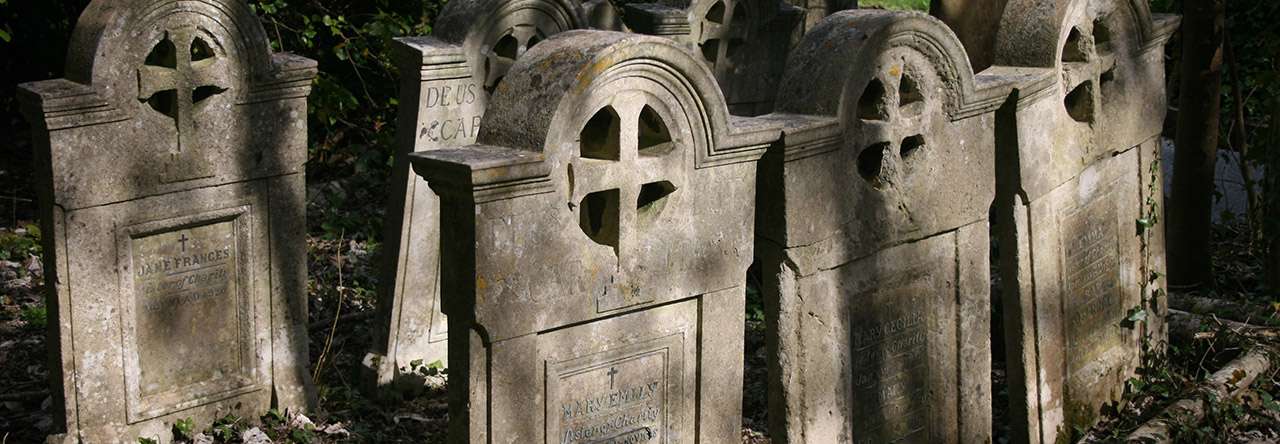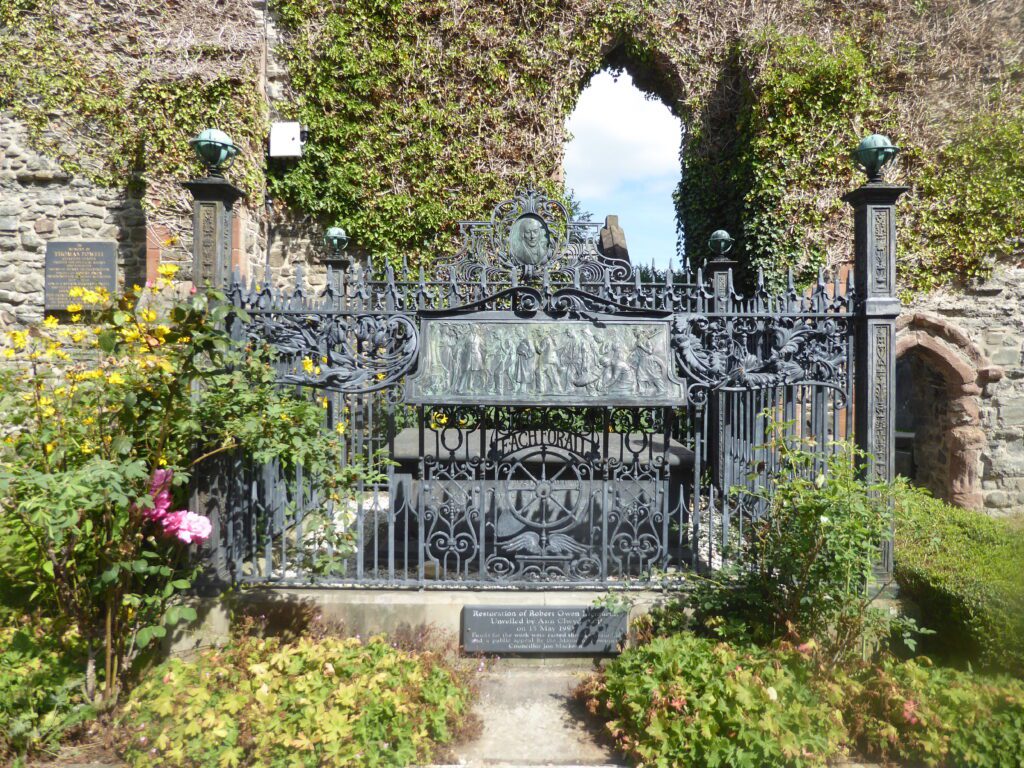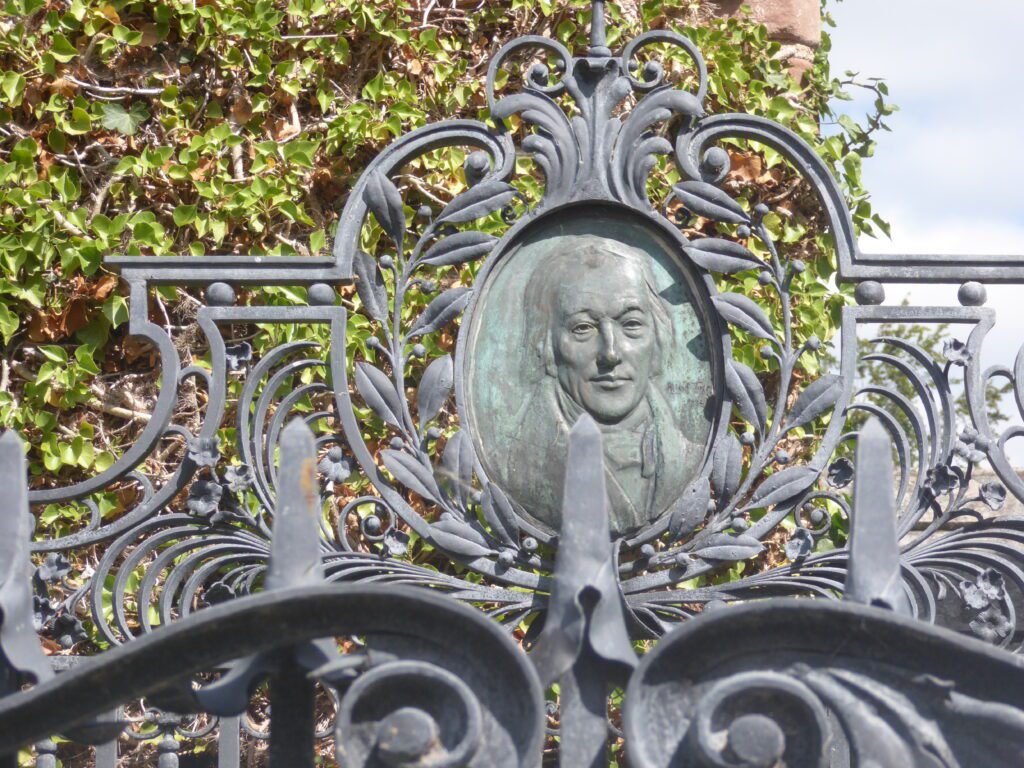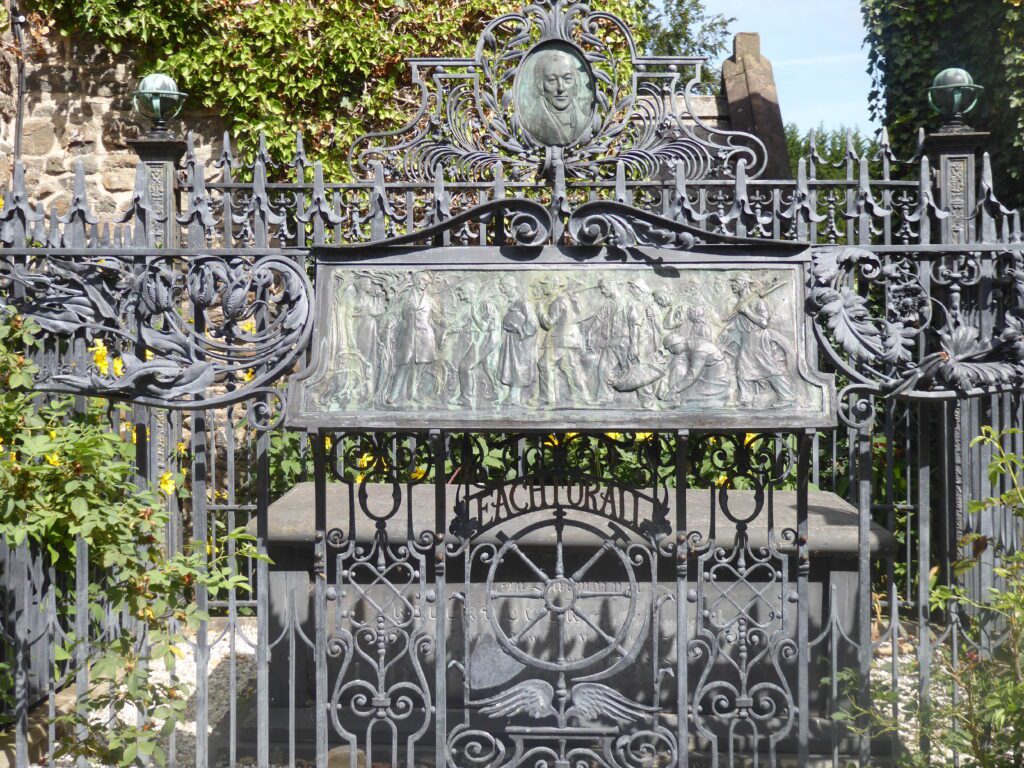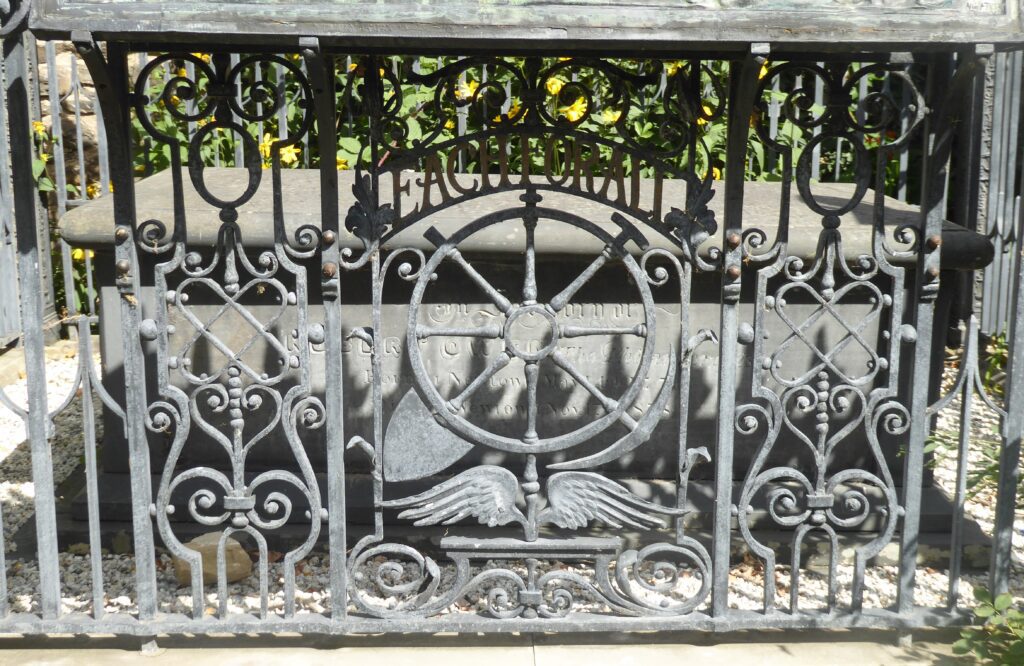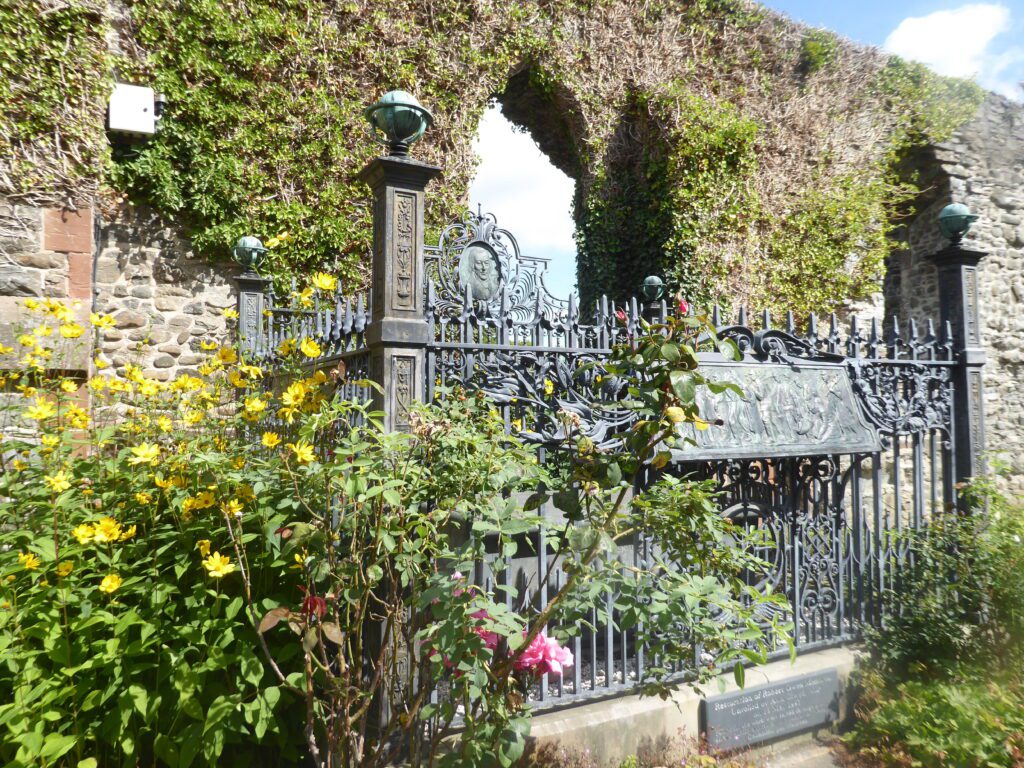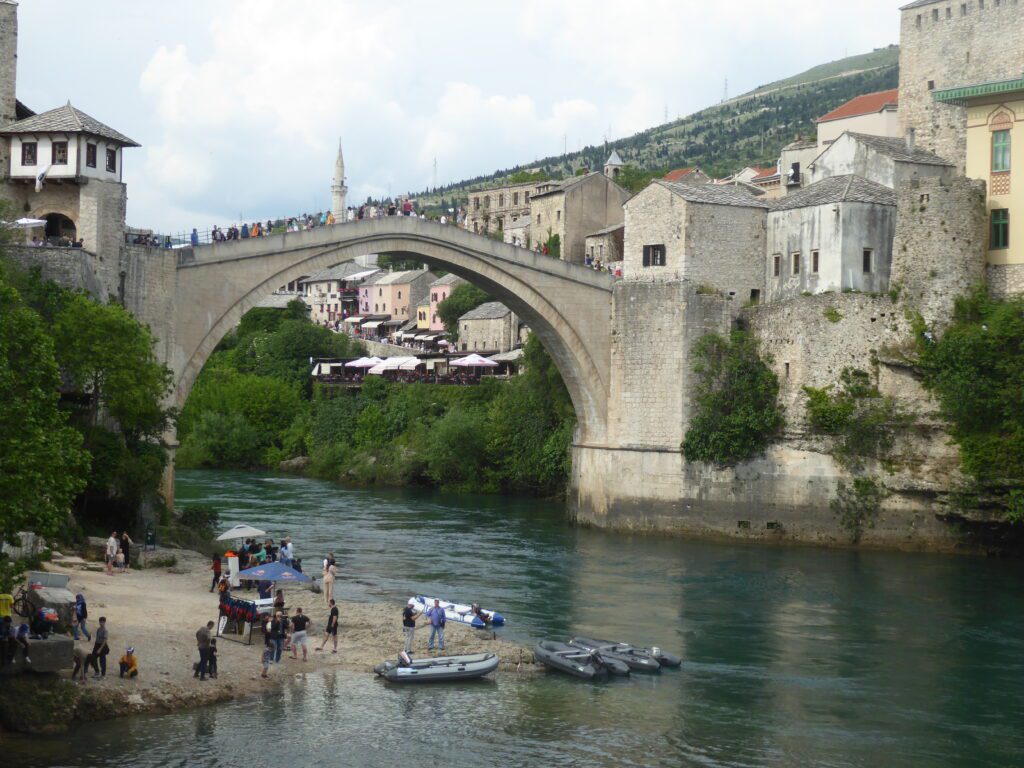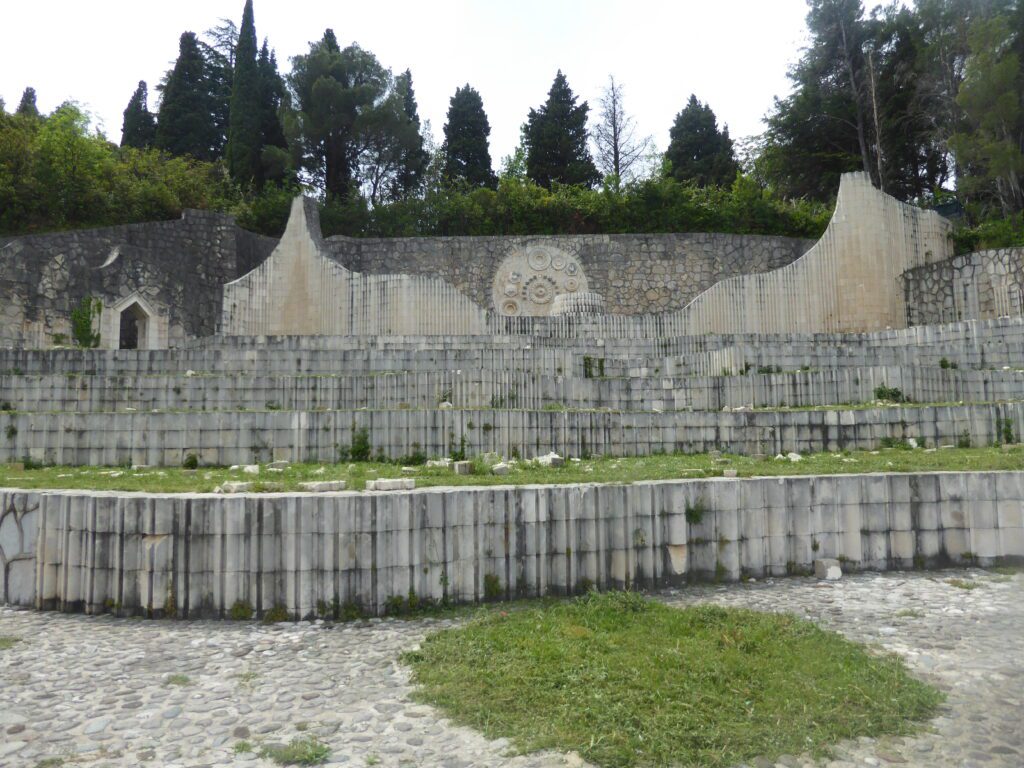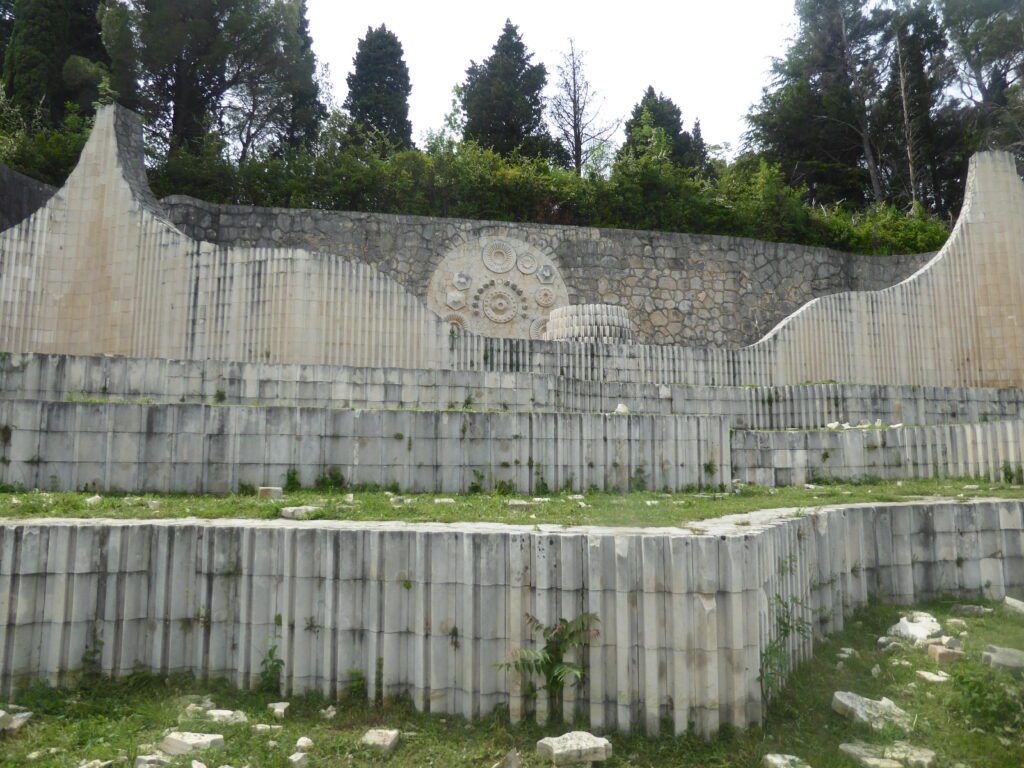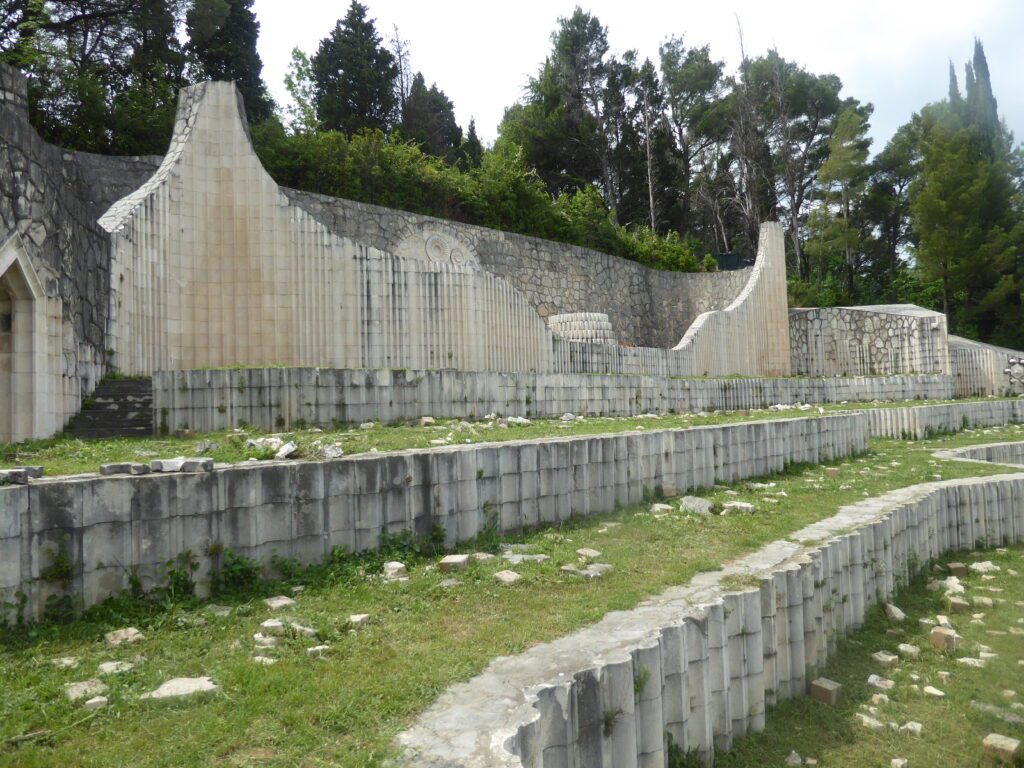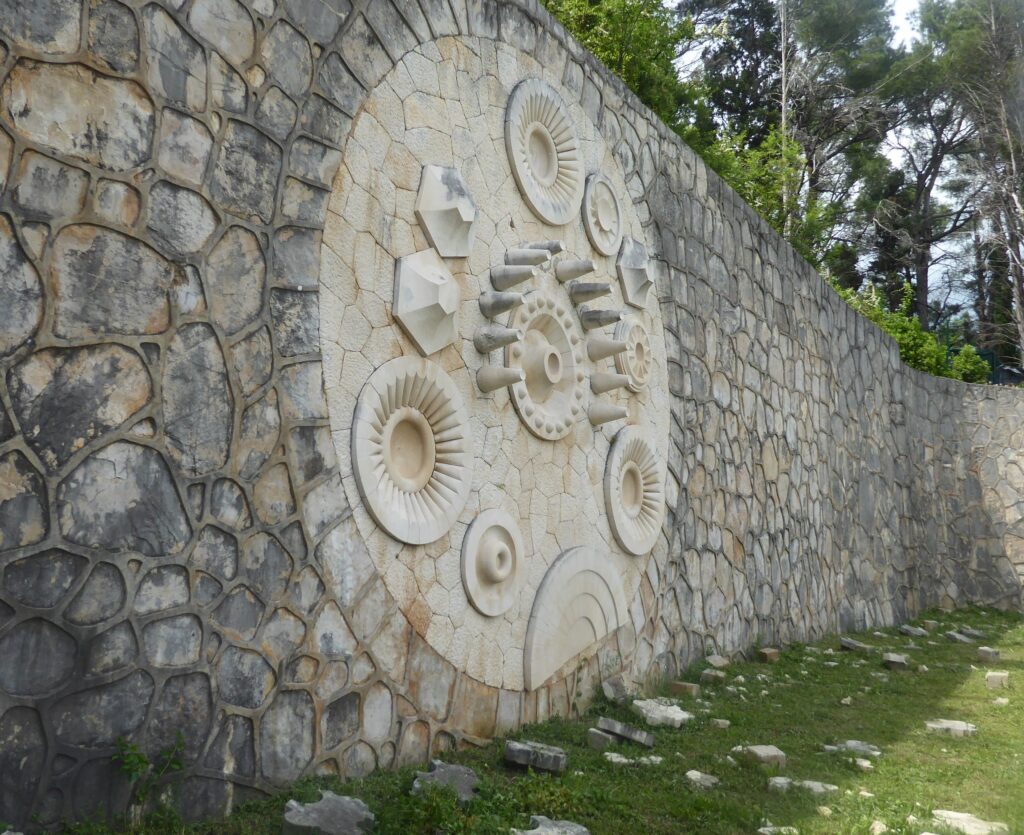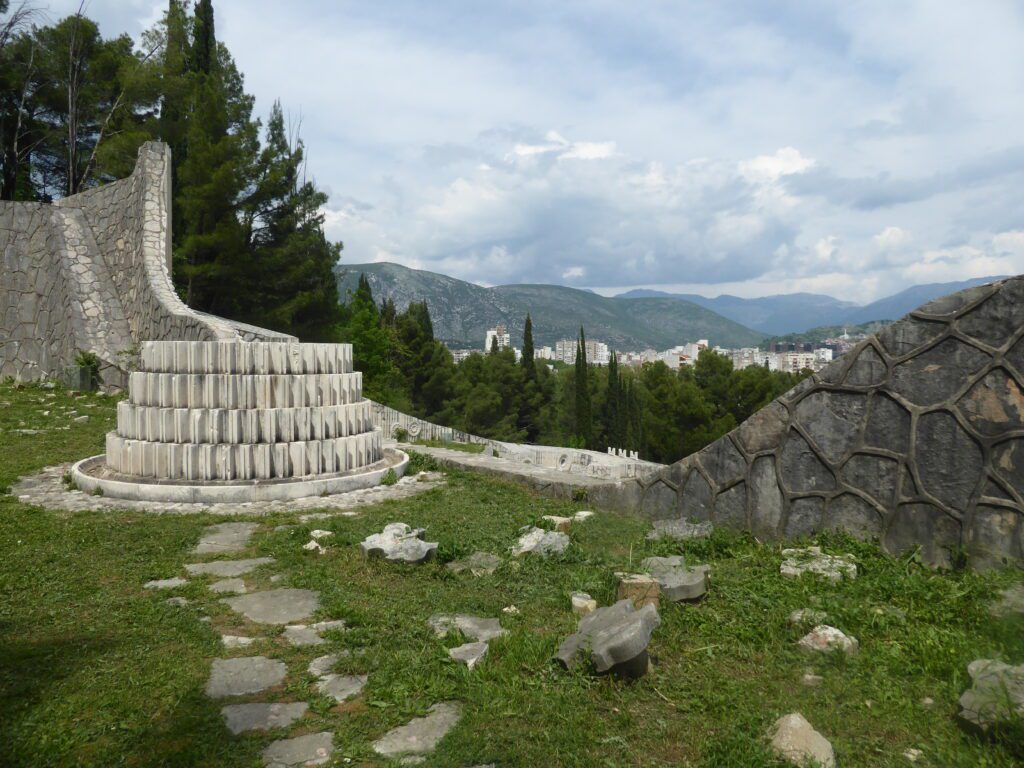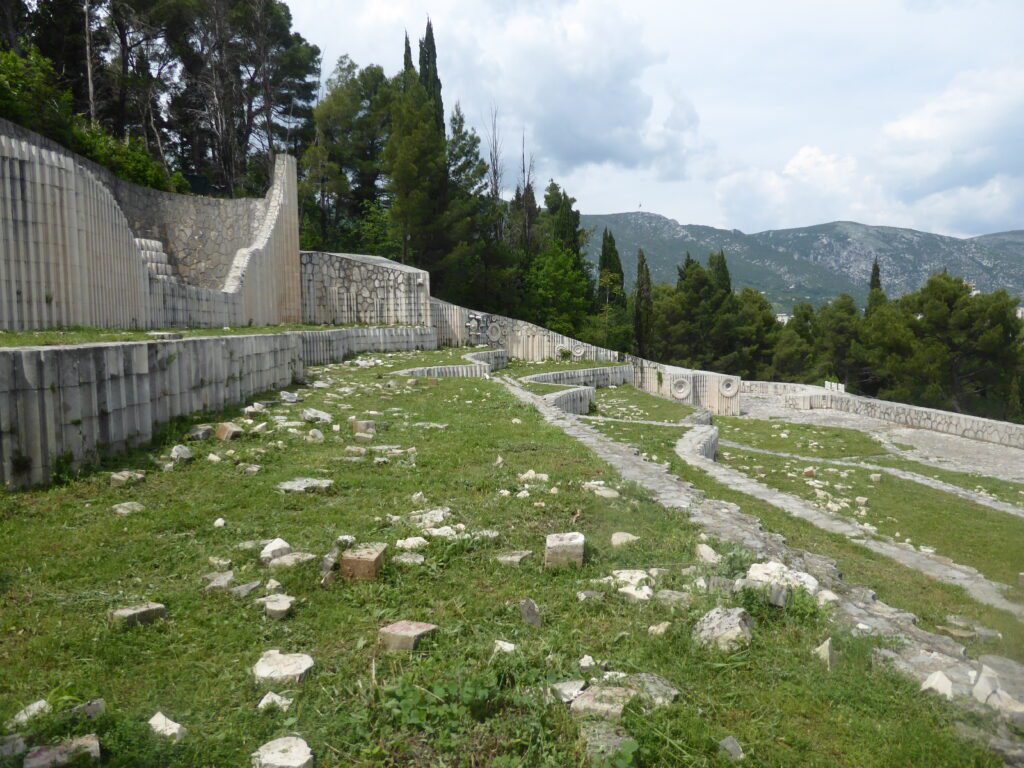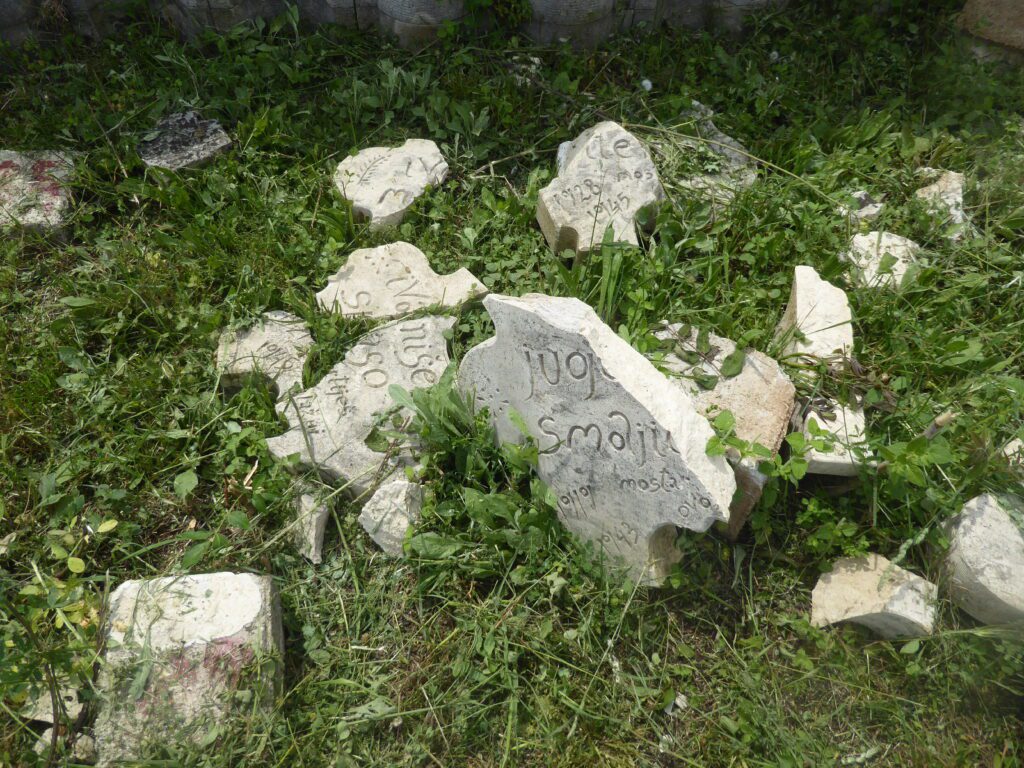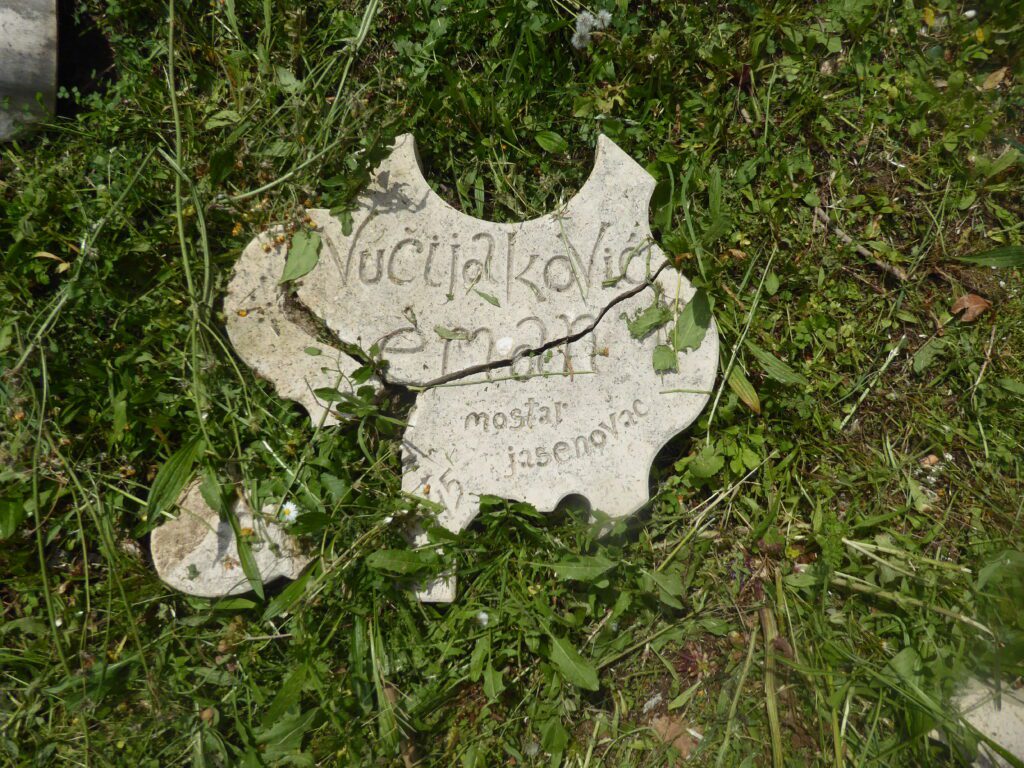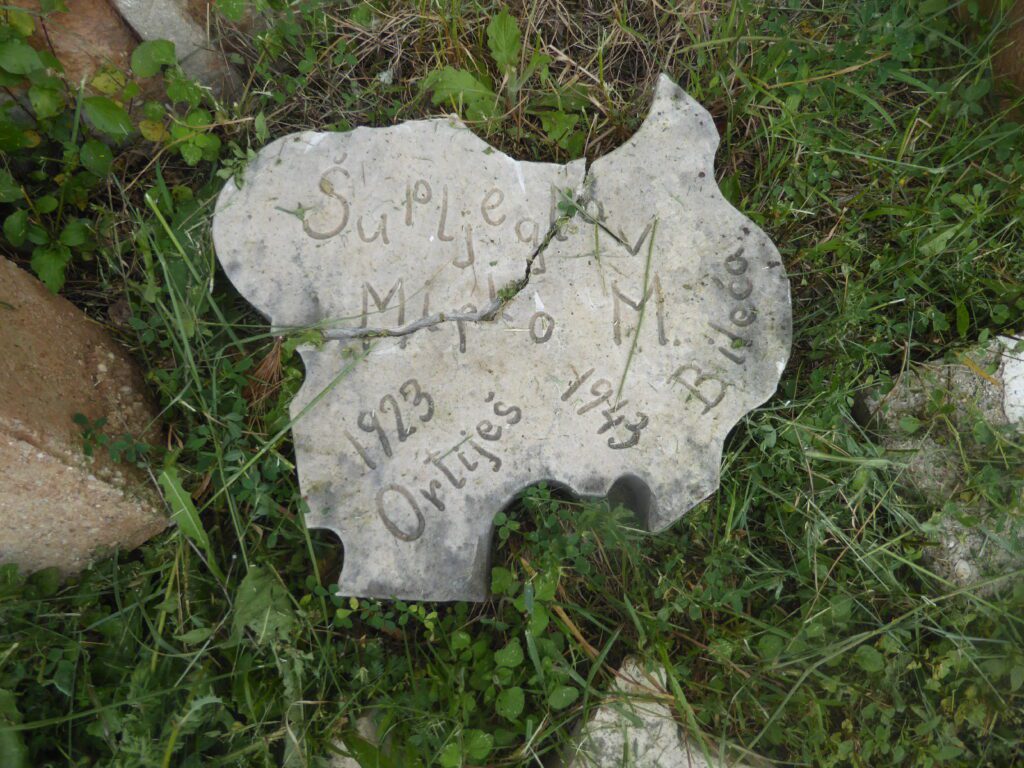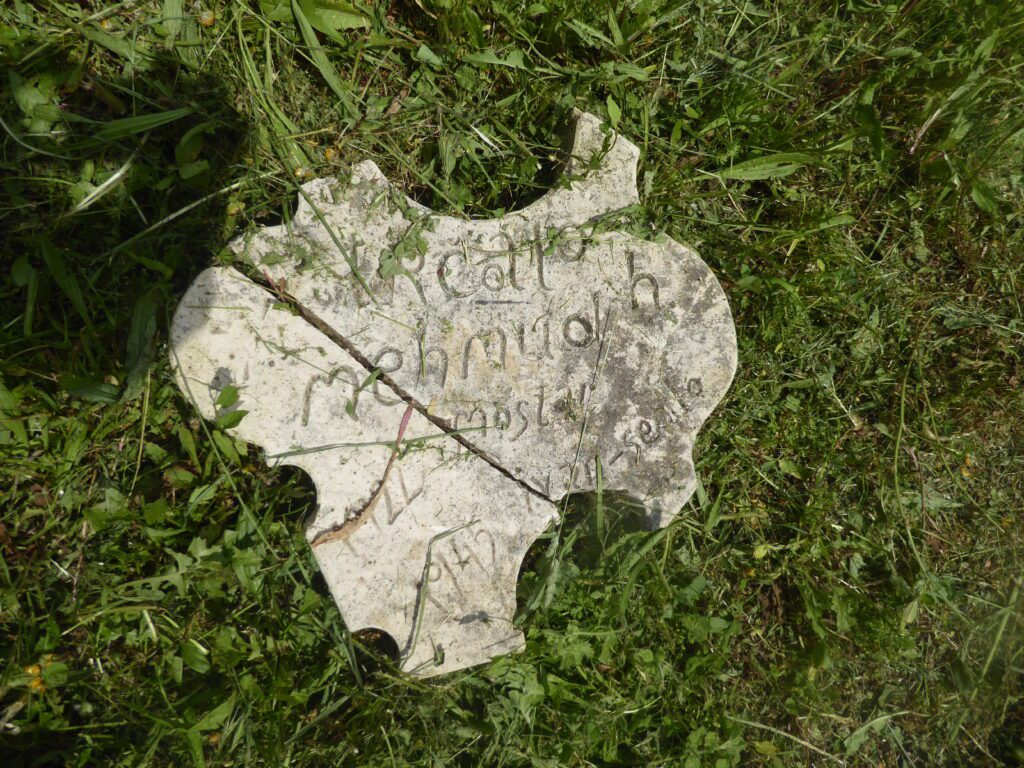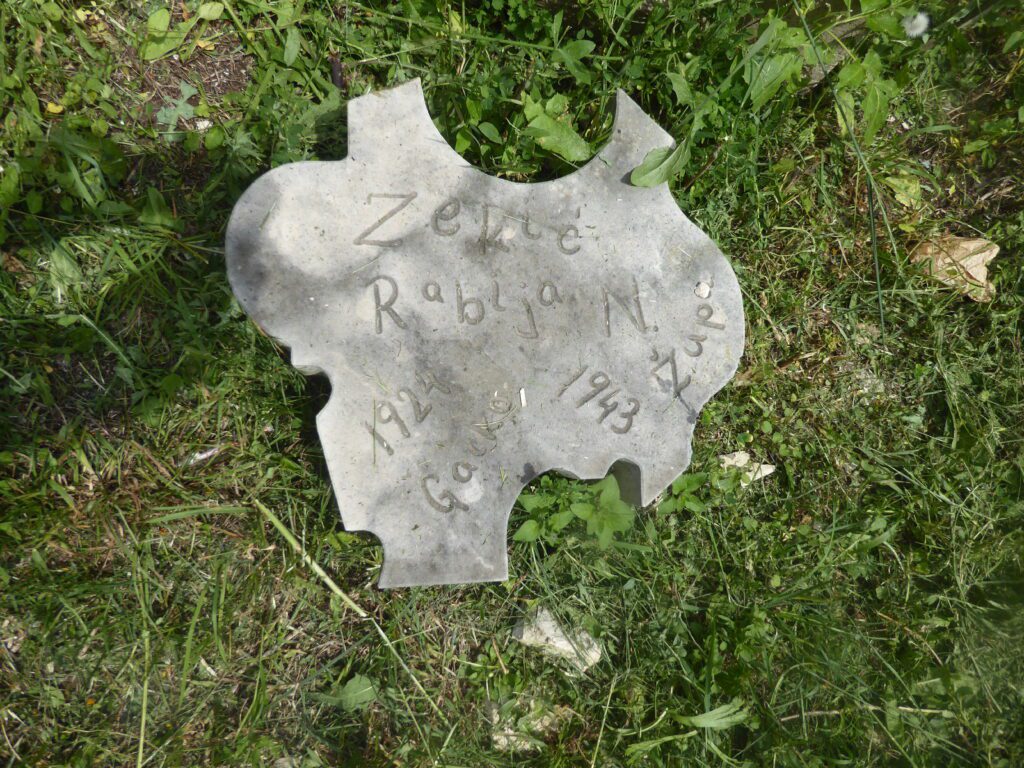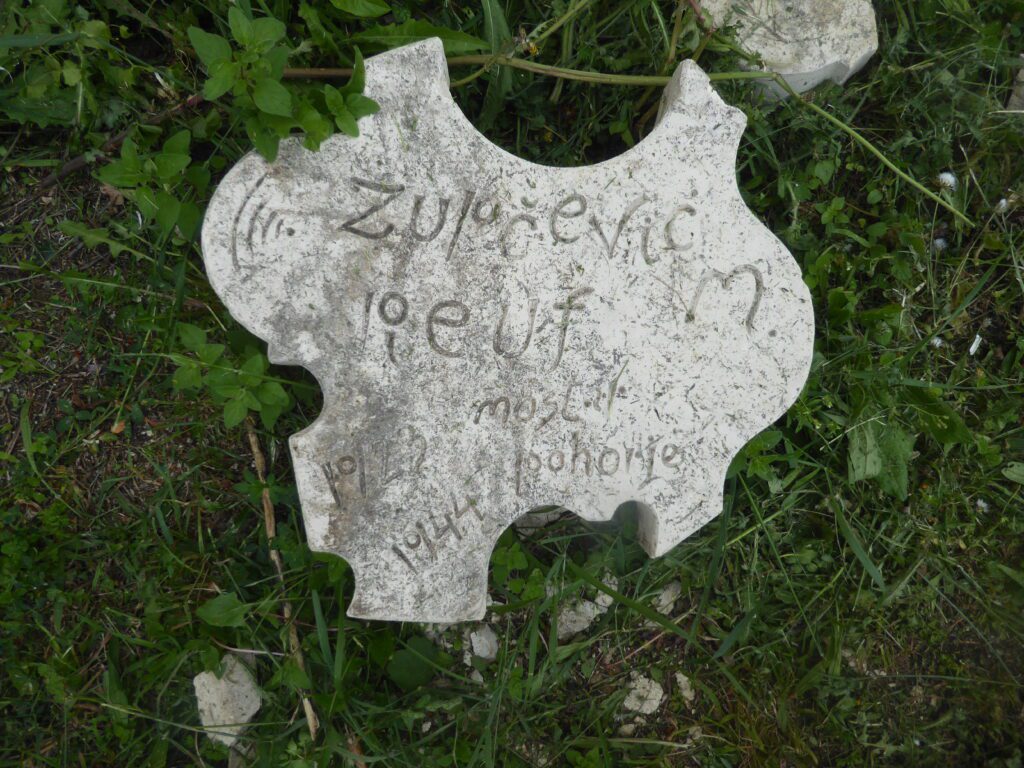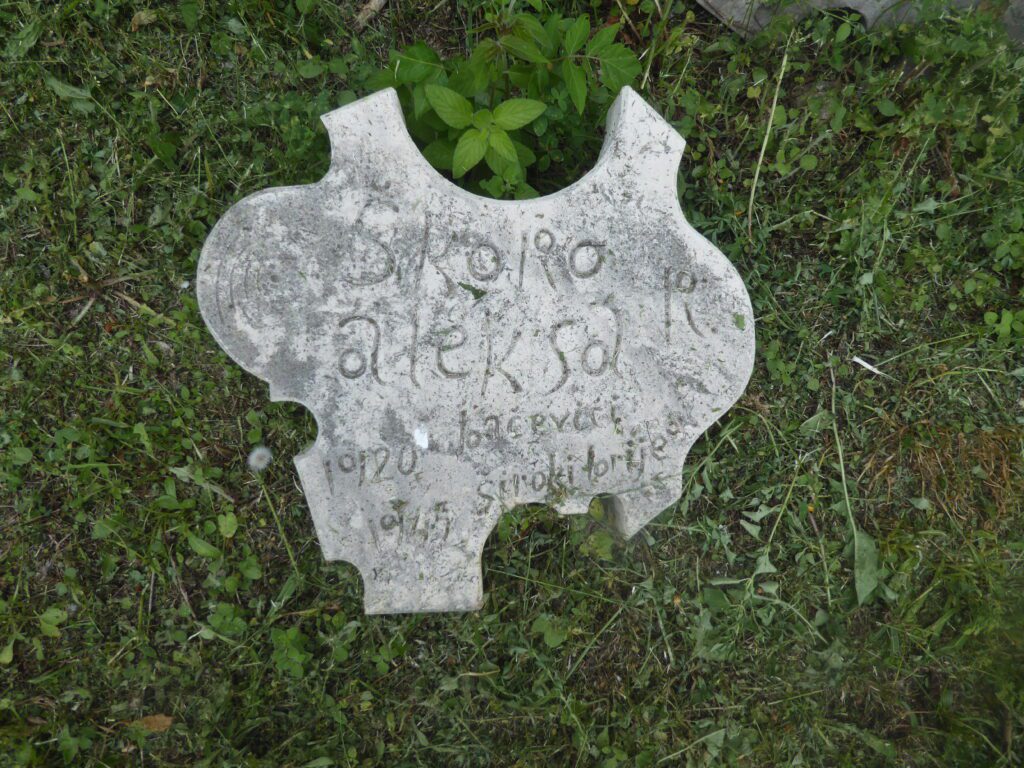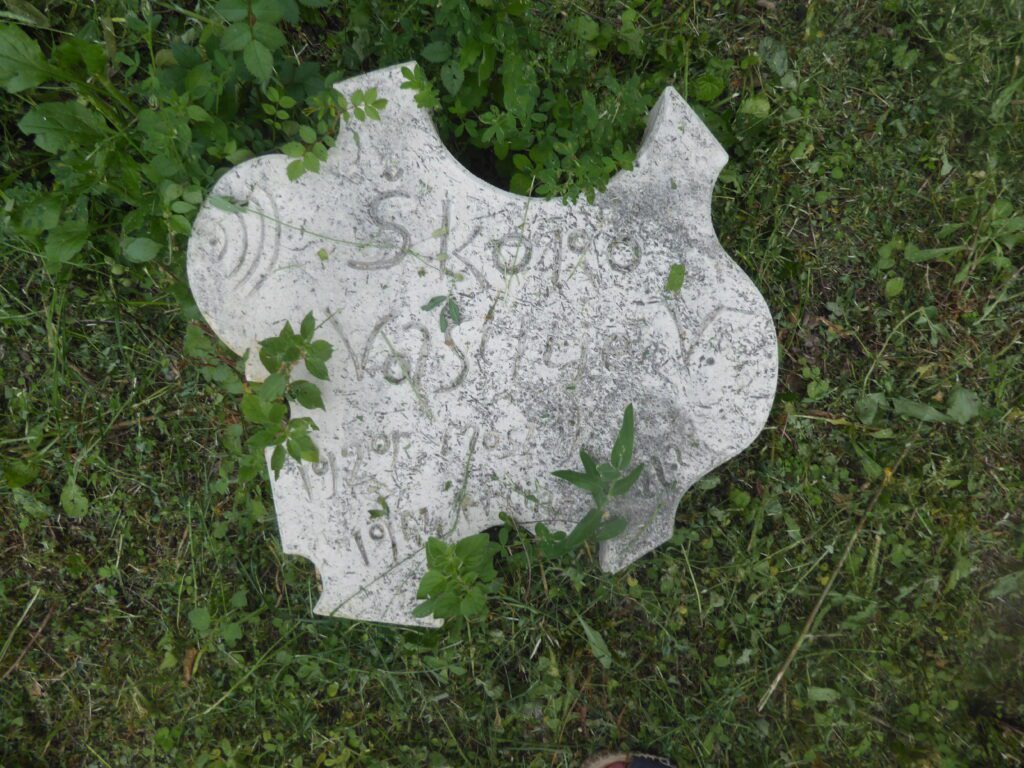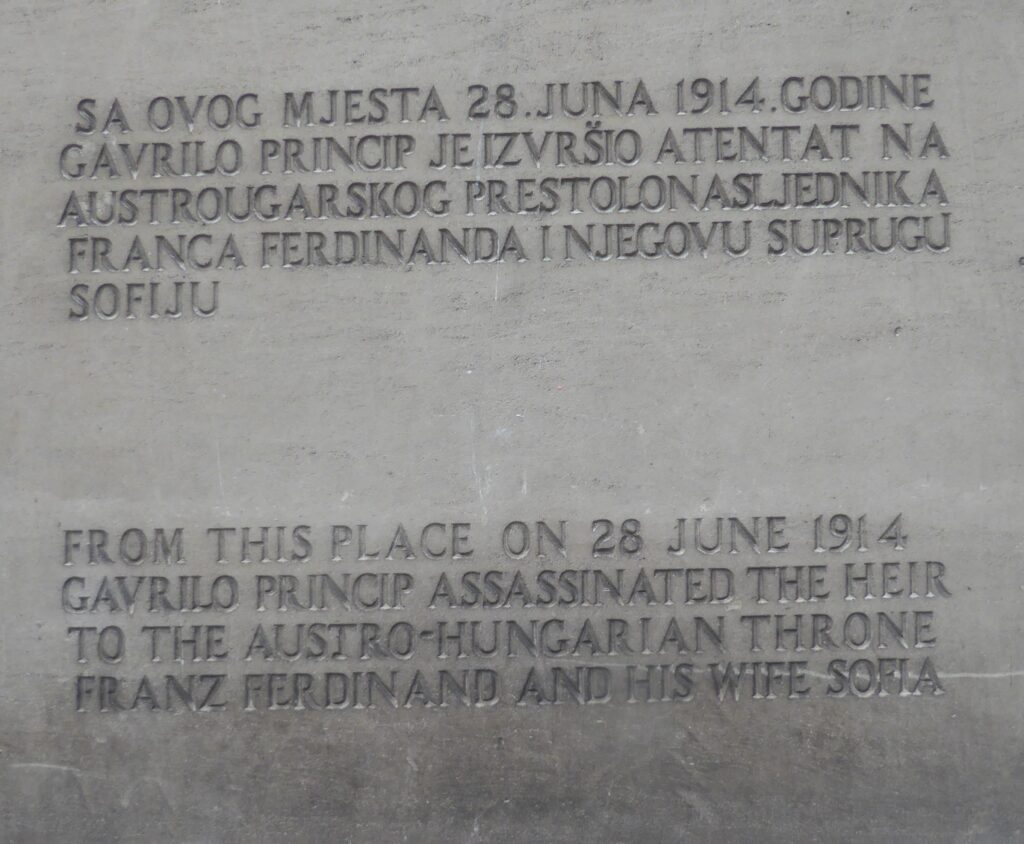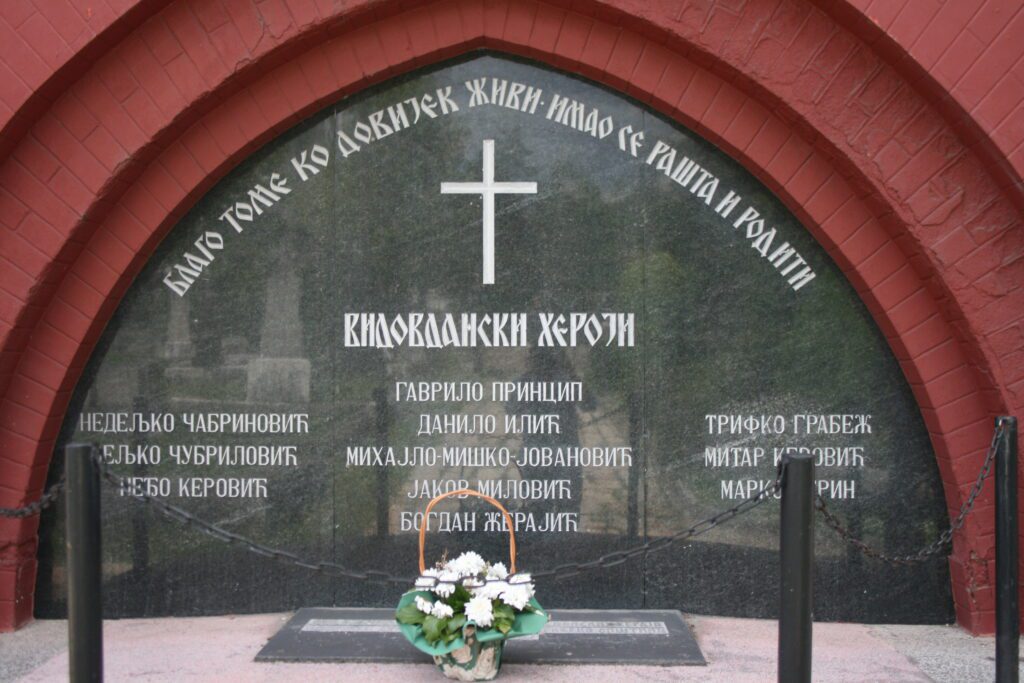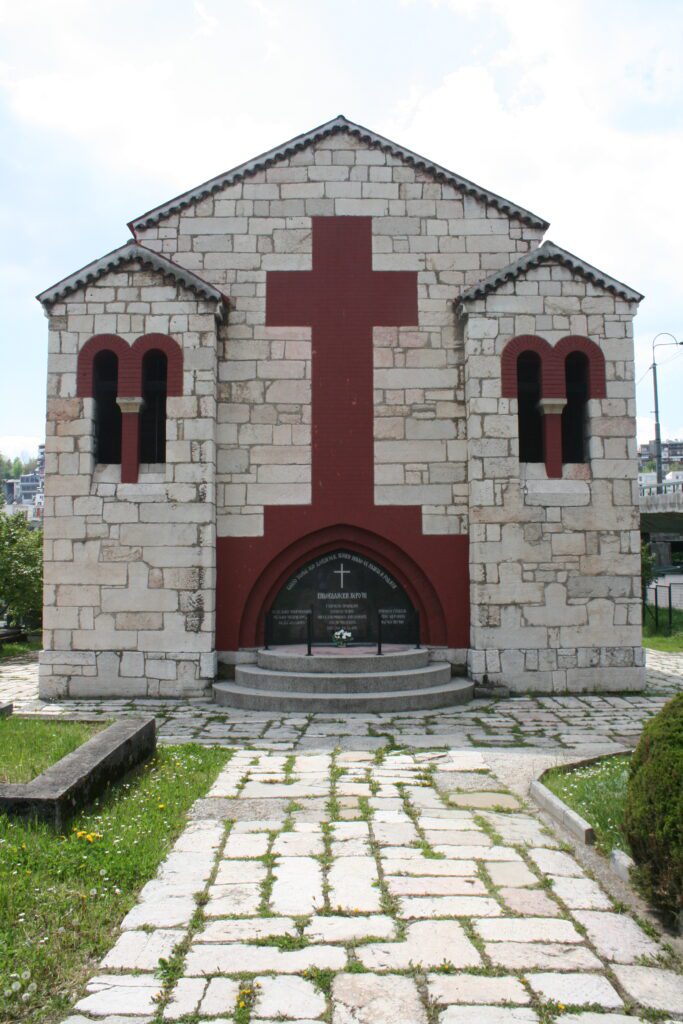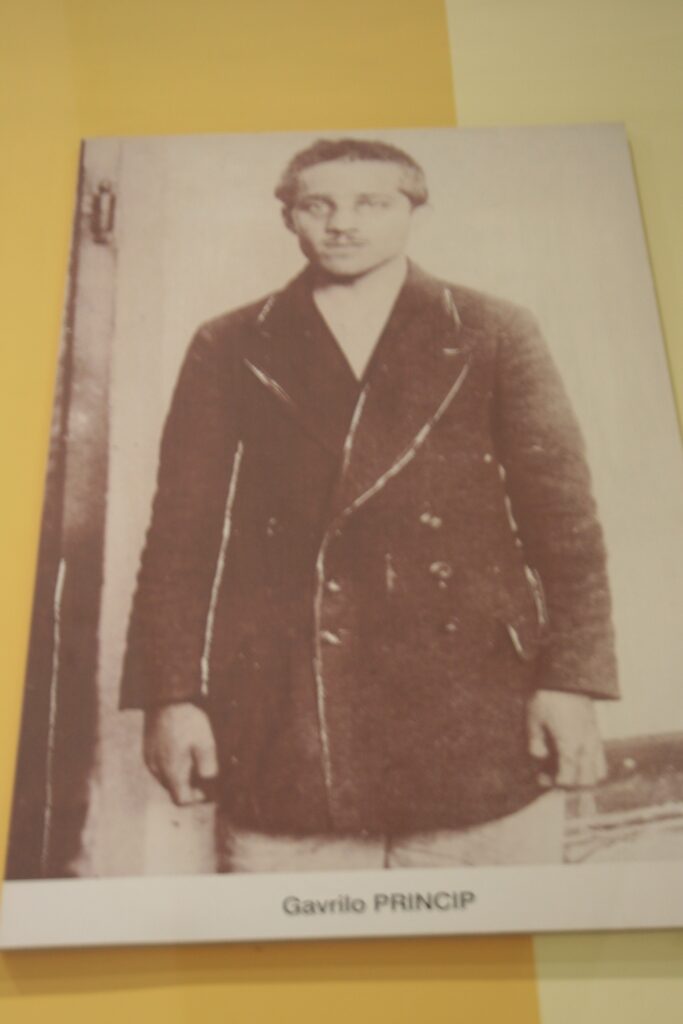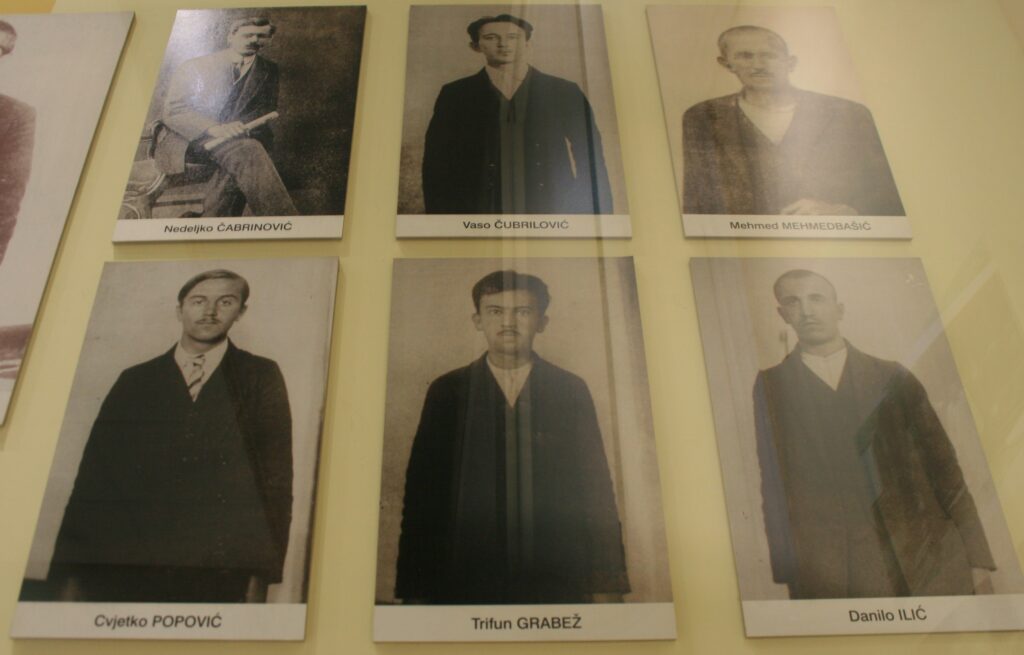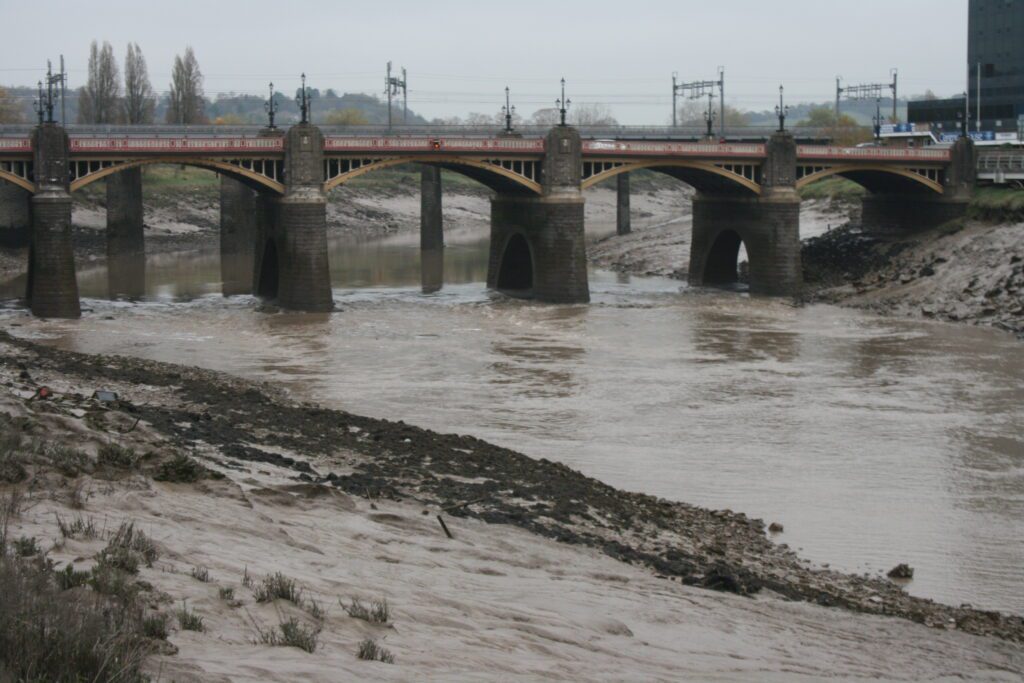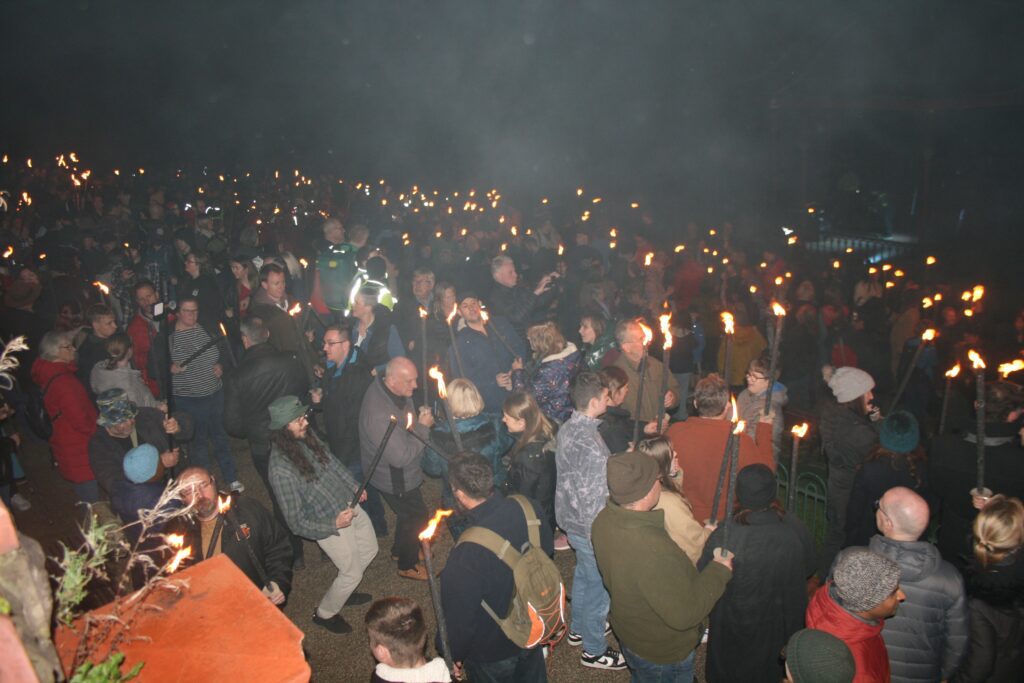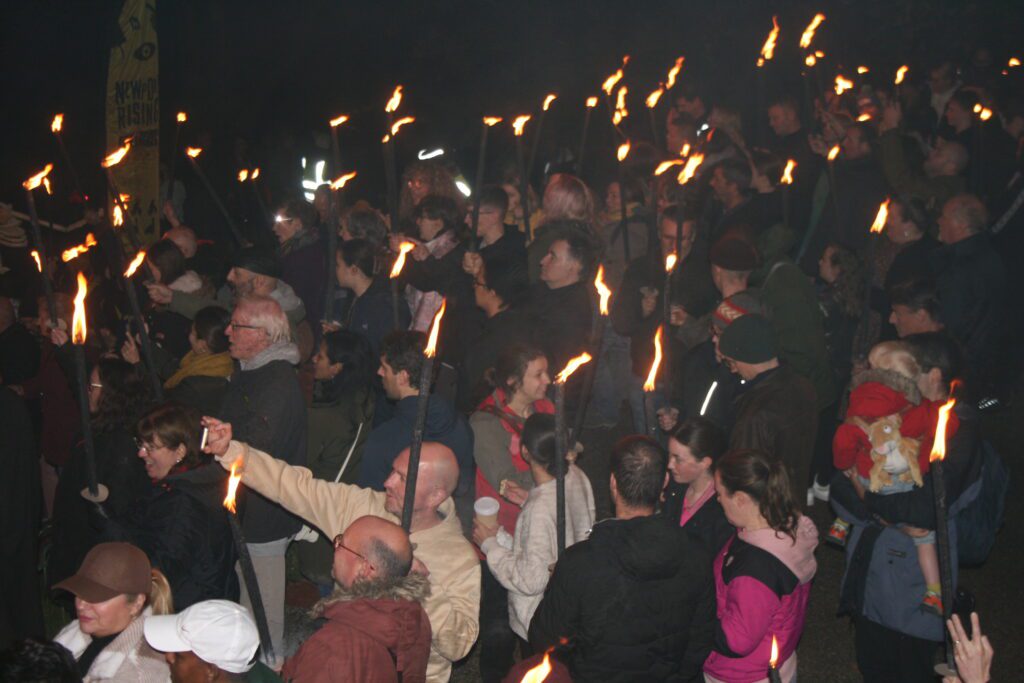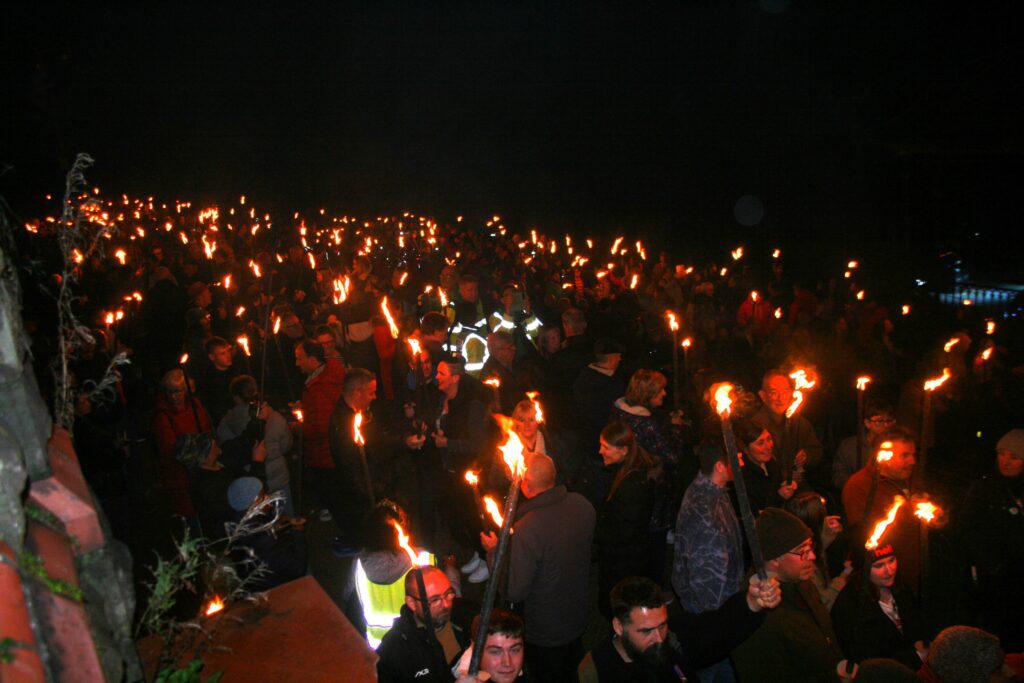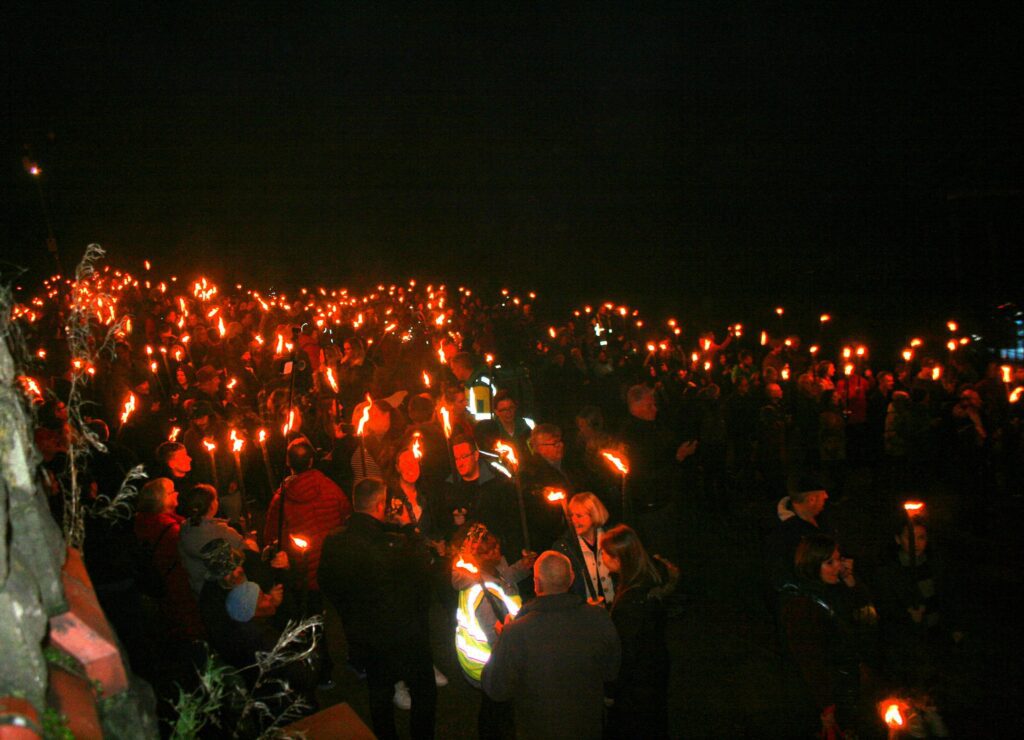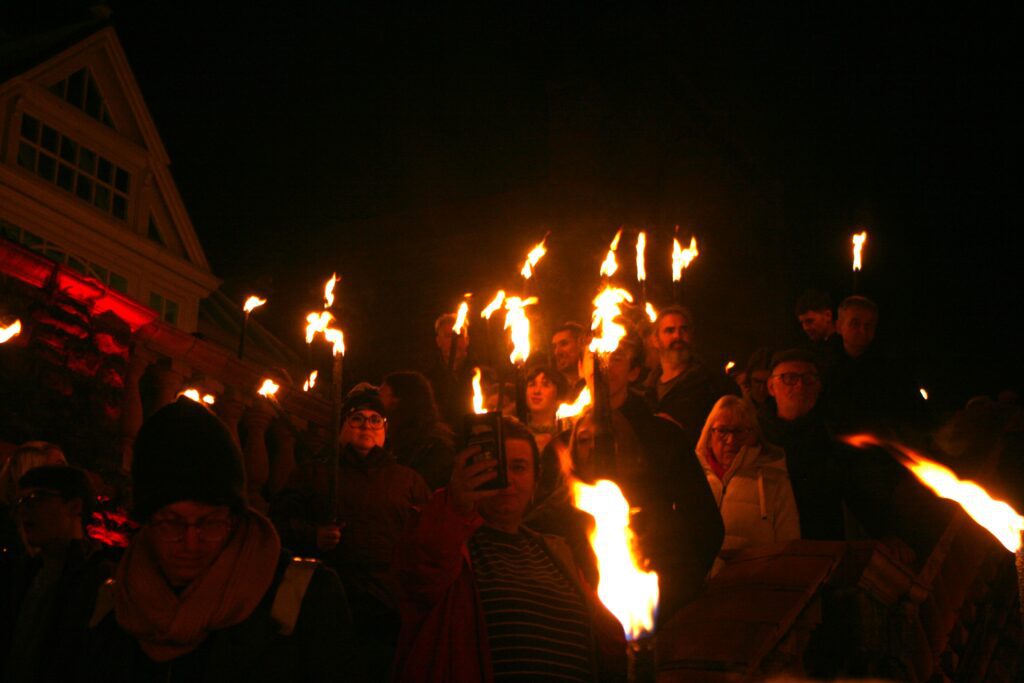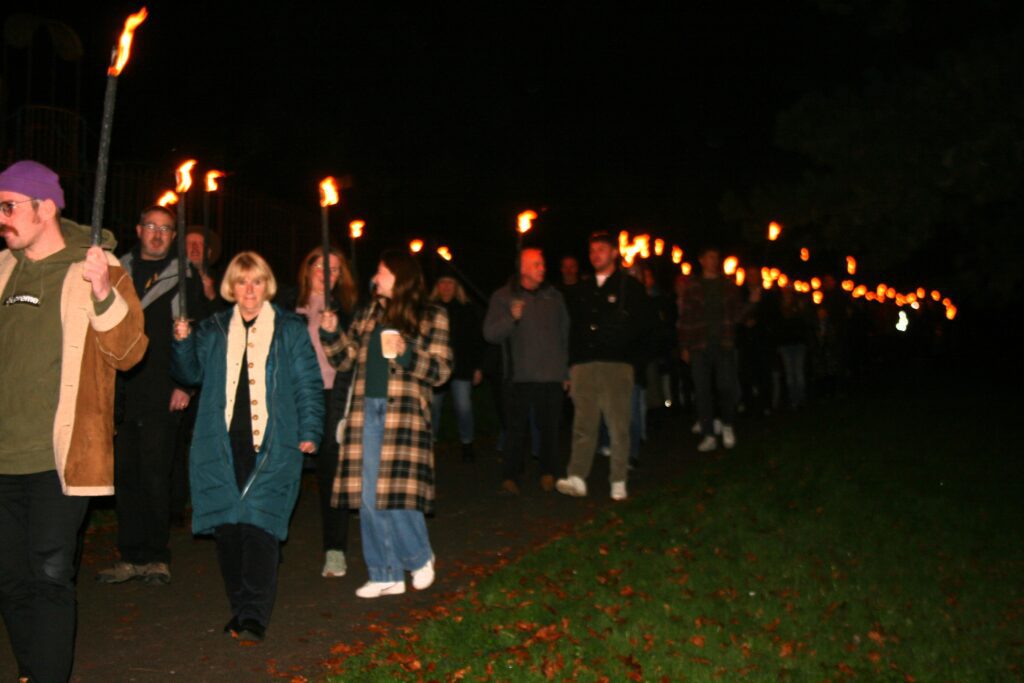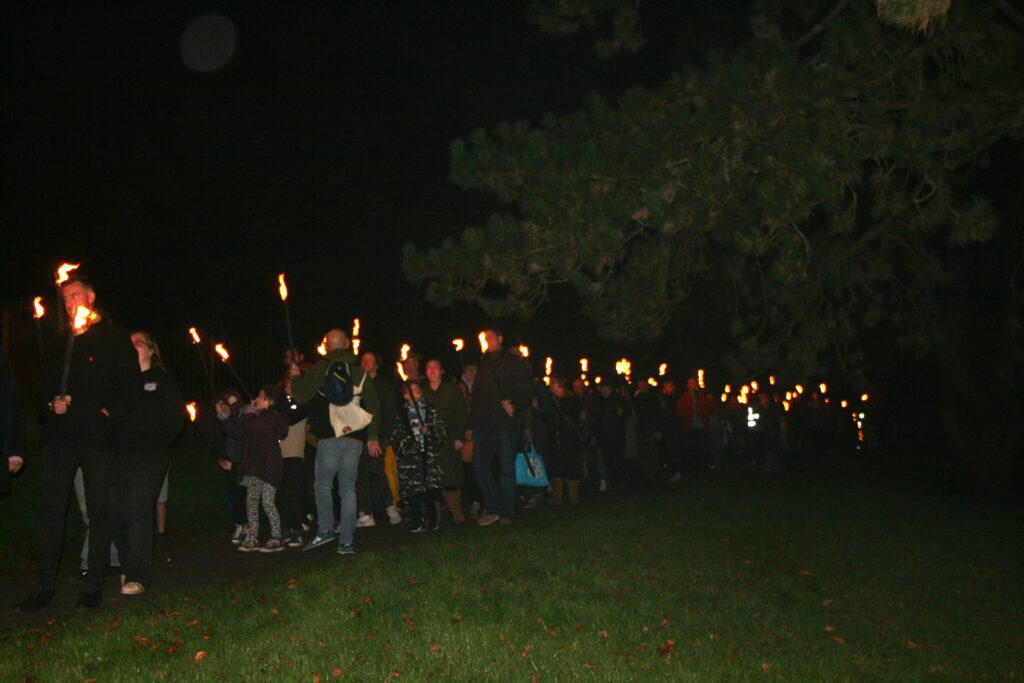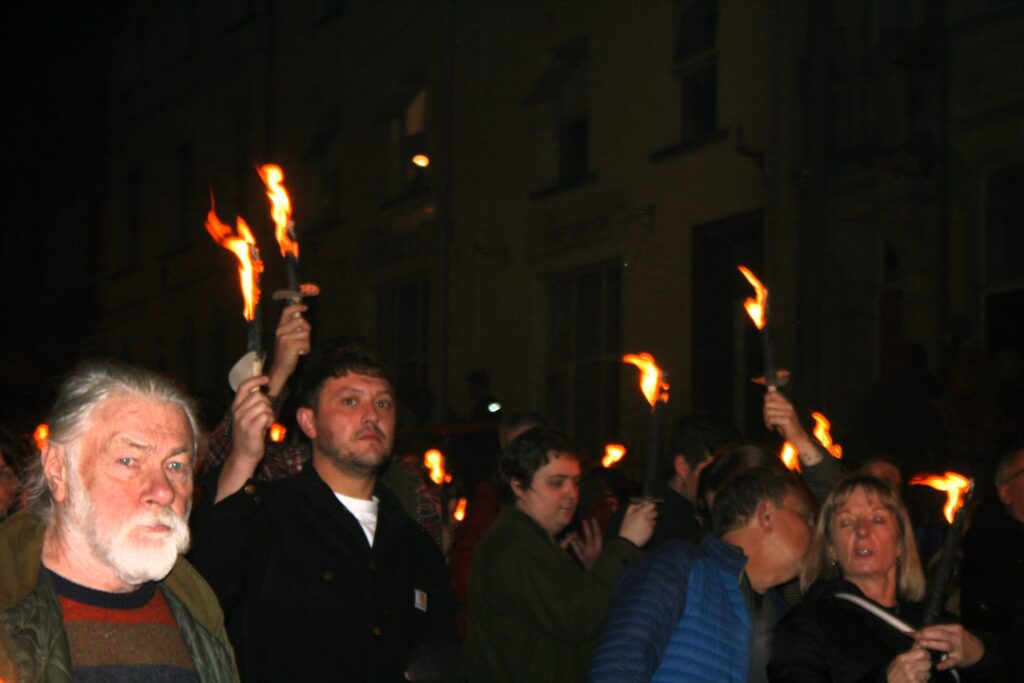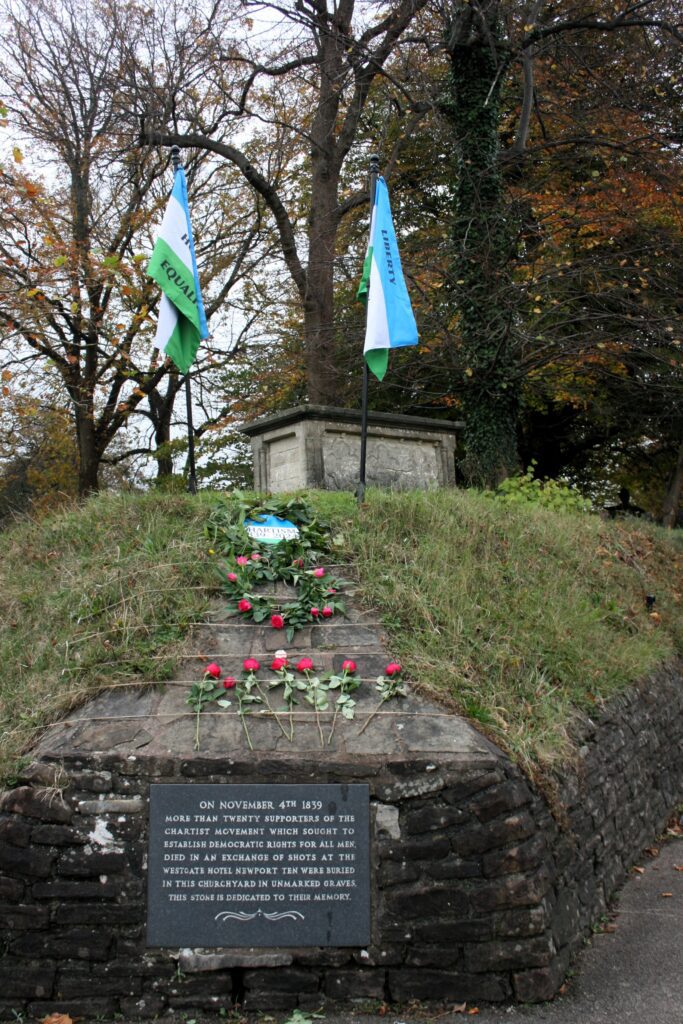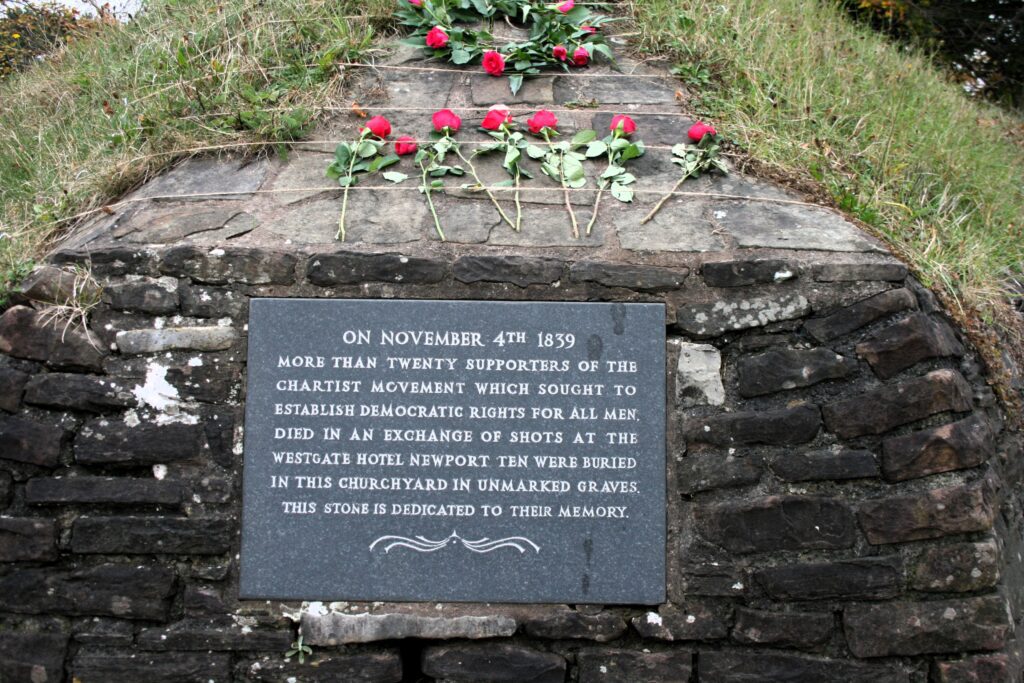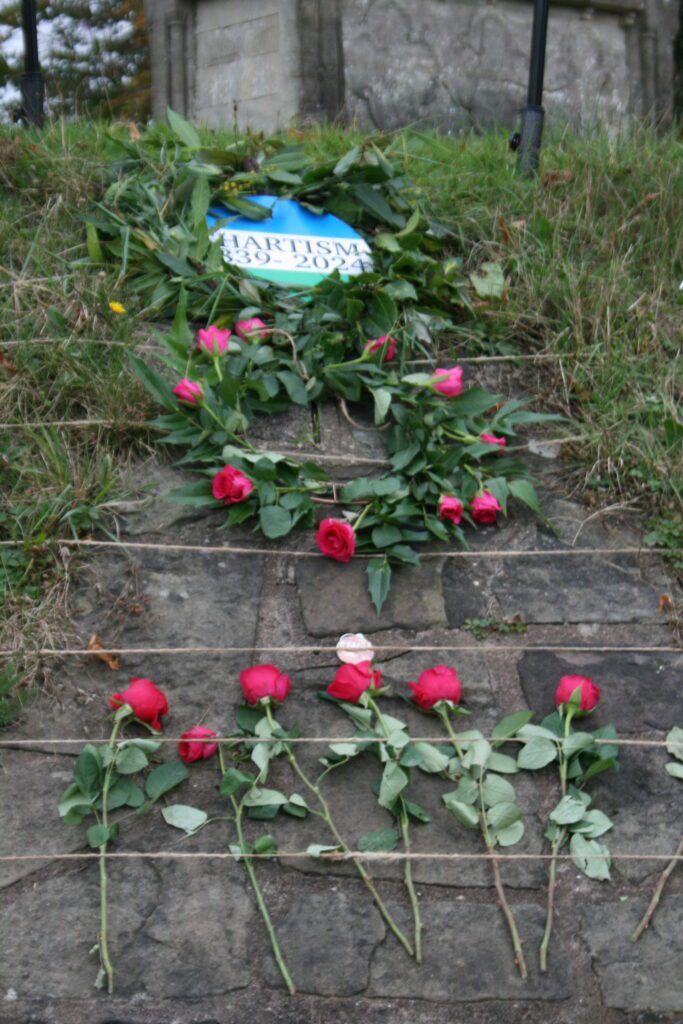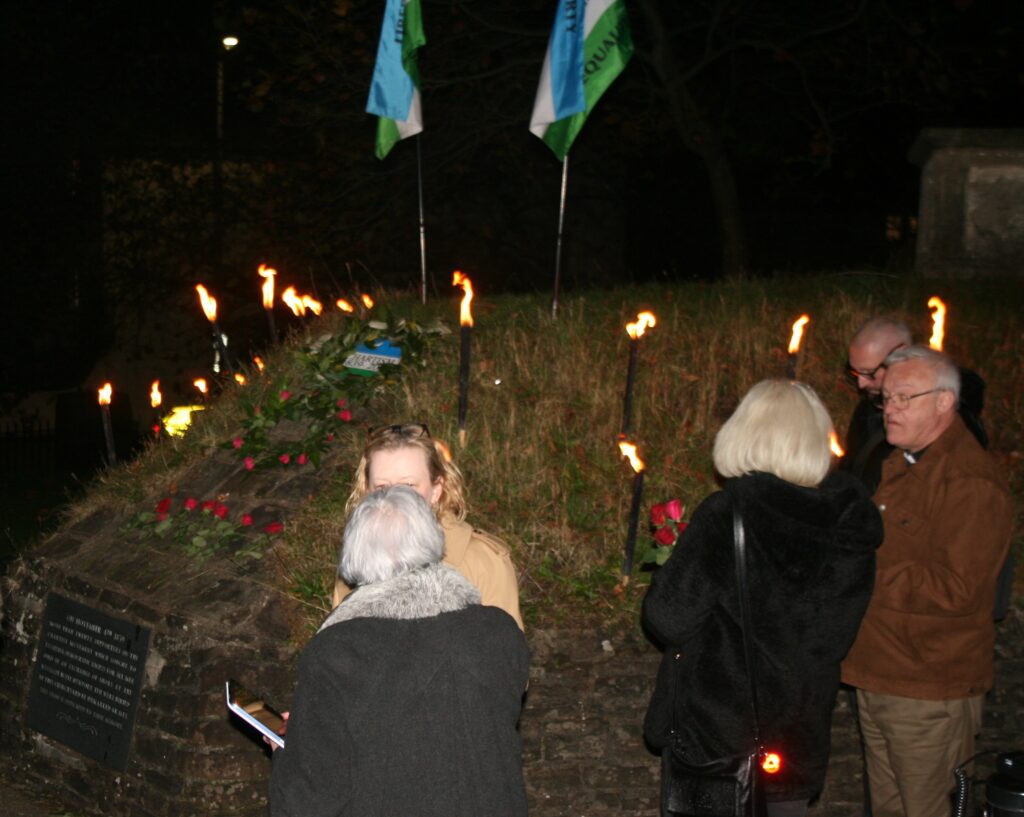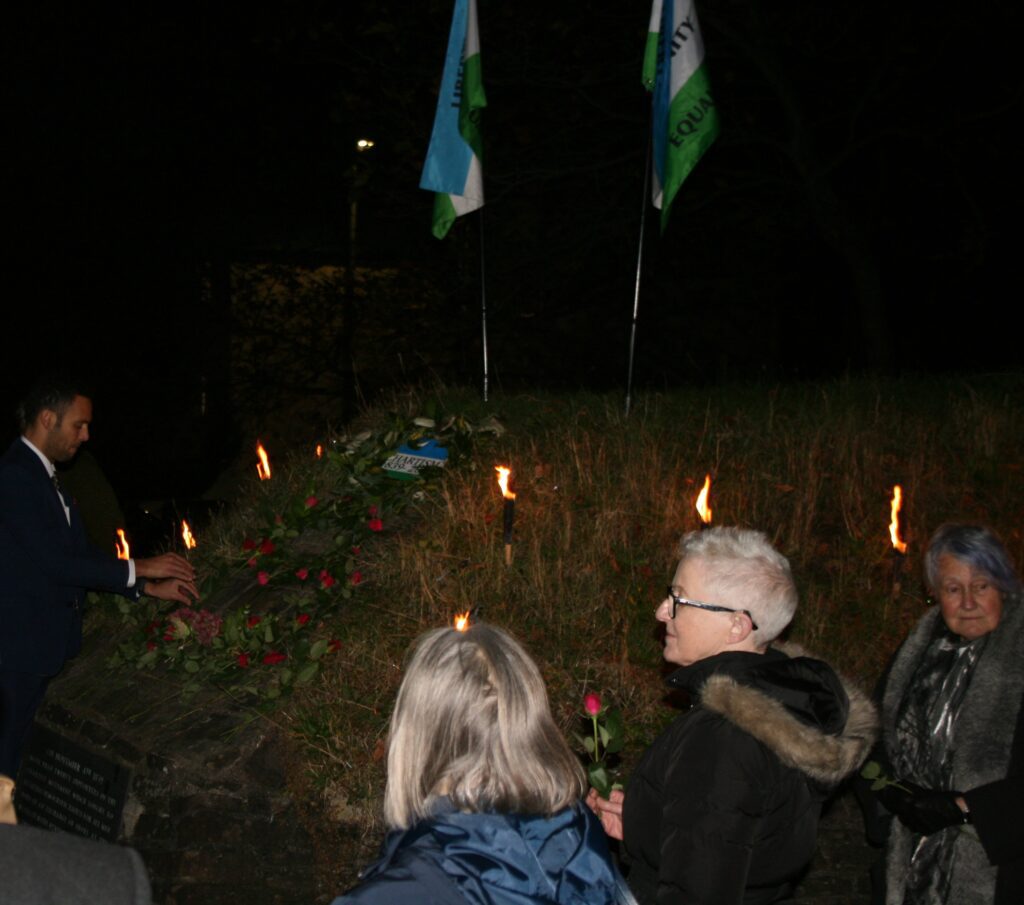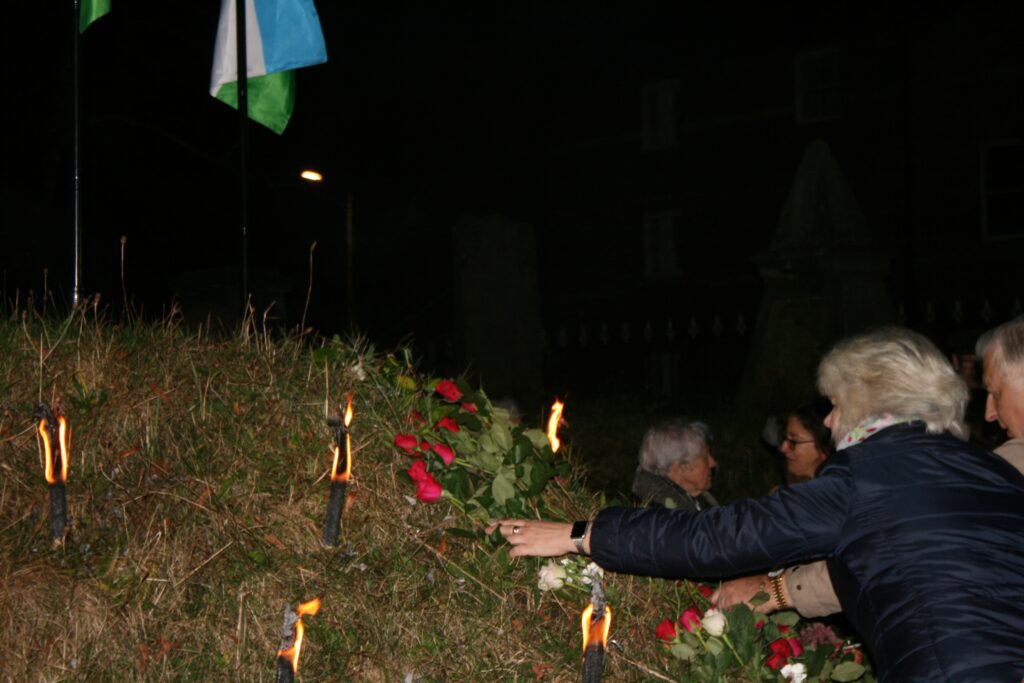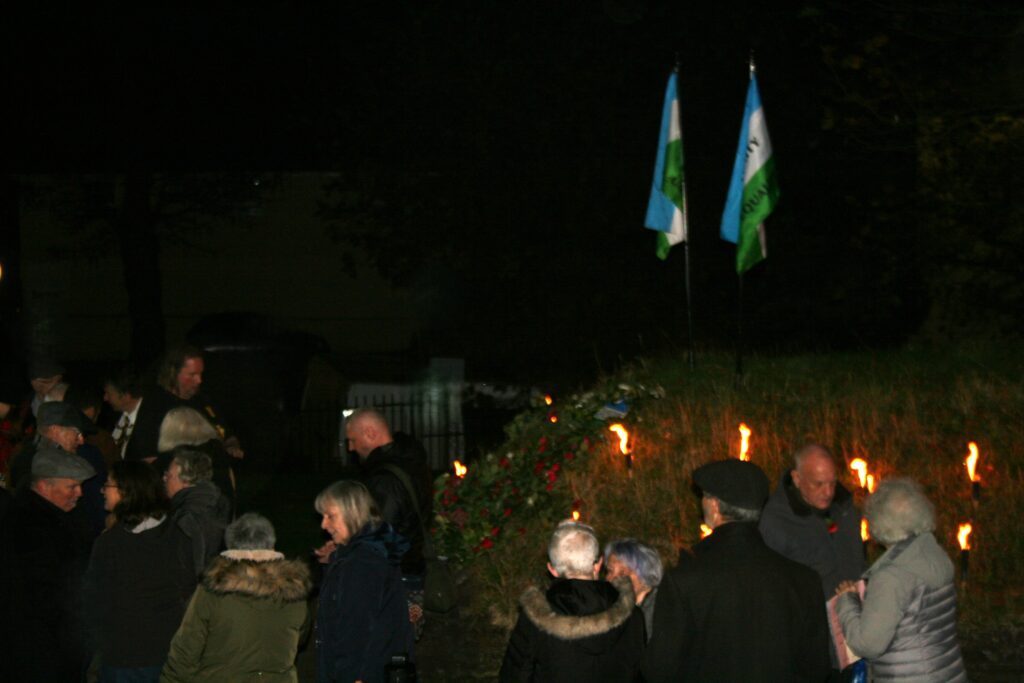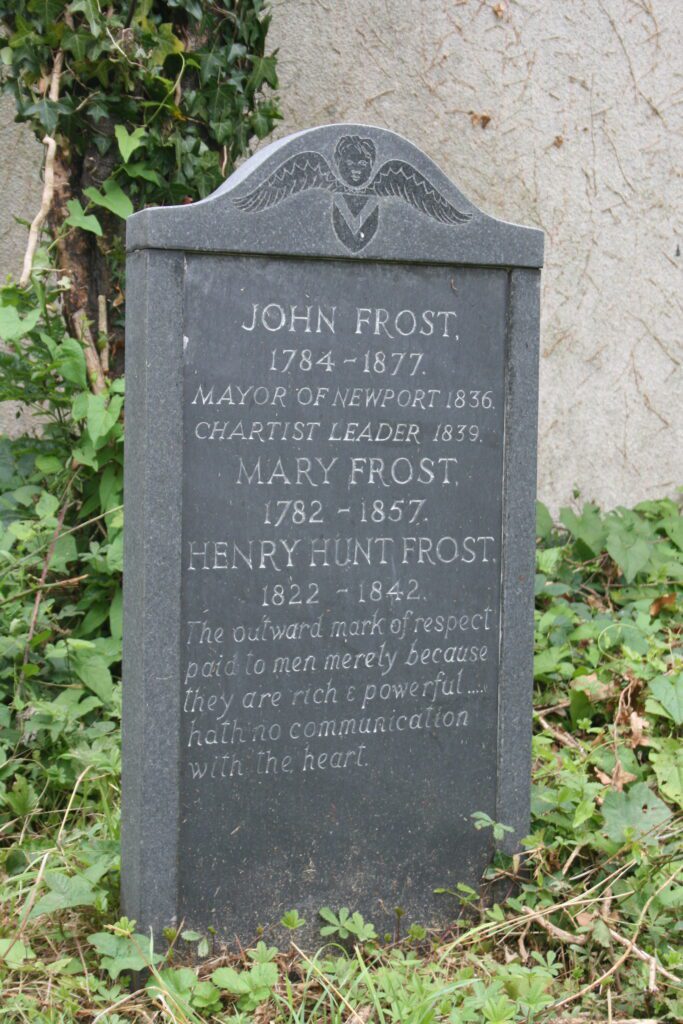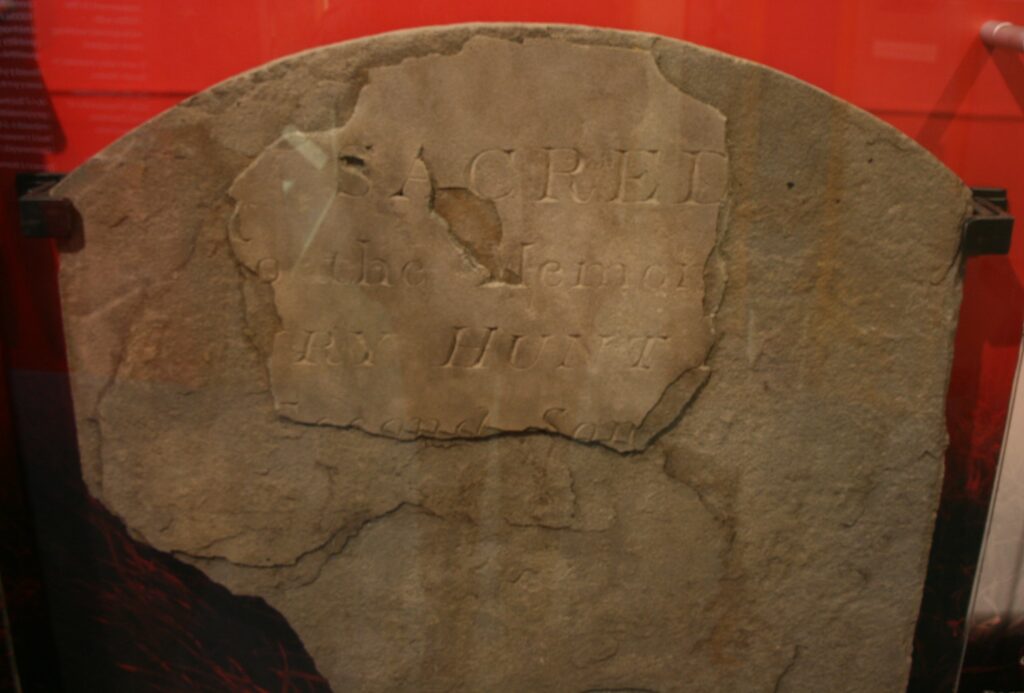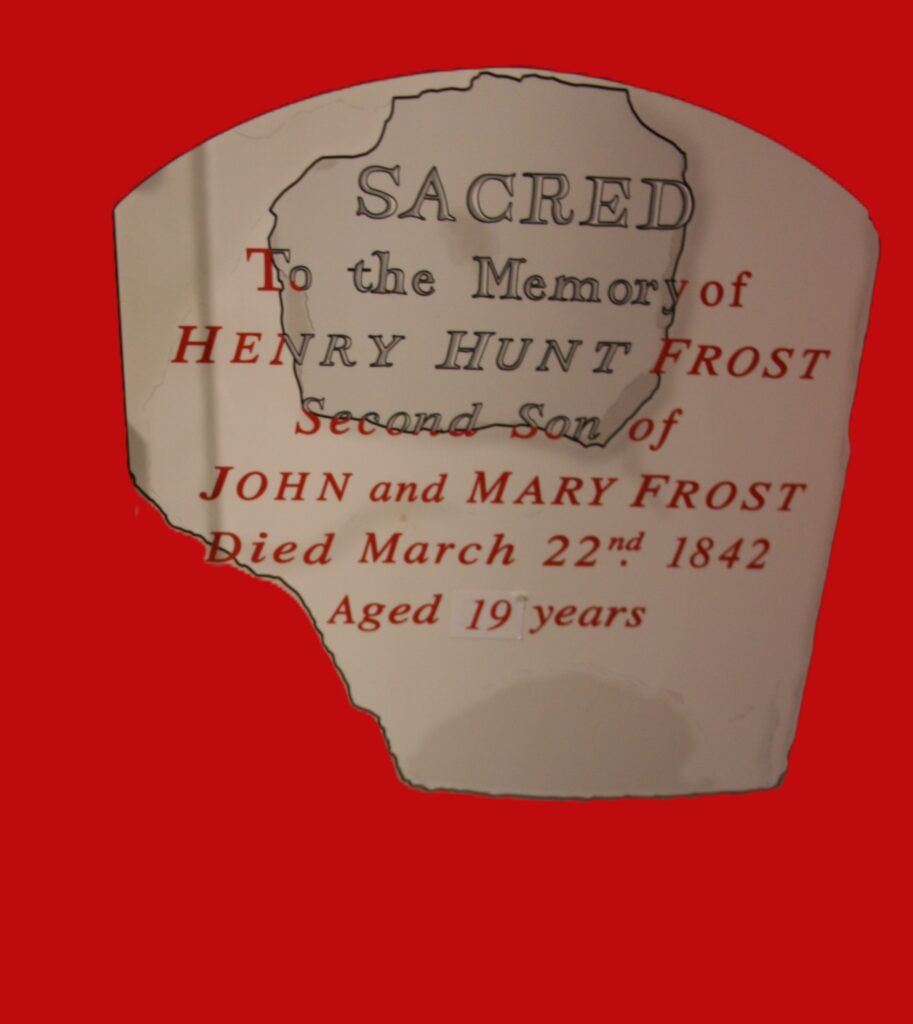Myles Hobart was the Member of Parliament for Marlow in Buckinghamshire for a very short time:1628-29.
I love seventeenth century history, not least because at this time the English language reached its apogee, so that every Act of Parliament, every Petition and Protest, is couched in the most eloquent and elegant English, as much a work of lucid literature, as a dry document. But in the seventeenth century the business of Parliament never was dull or mundane. On the contrary, acts of high drama were leading slowly but inexorably to the demise of absolute monarchy and the genesis of a Parliamentary democracy. Myles Hobart had a walk on part in one such drama.
Charles I, like his father, had an elevated view of his status as God’s chosen appointee. He ran an extravagant household, had a bloated army…and expected other people to pay for his amusements. In 1626 Parliament refused to grant the taxes he sought. Charles promptly dissolved Parliament and raised money through forced loans, imprisoning without trial those who refused him. Billeting his soldiers in private homes, he obliged people to feed, clothe and accommodate them.
But as increasing numbers of people faced prison rather than “lending” him money, he was compelled to call another Parliament in 1628. The Members were ready for him. Edward Coke had drawn up the Petition of Right confirming that there should be no taxation without Parliamentary consent, no imprisonment without trial, and no forced quartering of soldiers in private houses. As a condition of their voting taxes Parliament demanded the King’s formal assent to the Petition.
Charles attempted to fob them off with a verbal consent. The Parliamentarians were not impressed; they sought written guarantees:
Not that I distrust the King but that I cannot take his trust but in a Parliamentary way,
observed Edward Coke wryly.
Charles then tried to add a proviso stating that the terms of the Petition prevailed through his grace, and not as of right, hoping through this expedient that in future disputes the Petition would have no force of law. But Parliament was packed with men who had legal training, they knew the power of words, and they stood firm. Reluctantly Charles gave his formal assent to the Petition in June 1628.
But he then prorogued parliament, and had the Petition of Right rewritten so that it could only be enforced “according to the laws and customs of the realm,” a loose phrase which he could interpret to suit himself. He proceeded to collect the indirect taxes of Tunnage and Poundage* without seeking authorisation and to prosecute merchants who refused to pay.
When Parliament reconvened in January 1629 and took issue with this illegal levy, the Members anticipated that another adjournment would presage a dissolution. As they expected, in March, on instructions from the King, the Speaker rose to announce an adjournment. Immediately Denzil Holles and Benjamin Valentine pushed him back into his chair and held him down ** while a furious debate ensued as angry members defied the king and his supporters in the House. John Eliot thundered,
Mr. Speaker there never was the like of this done in the House…It is the fundamental liberty of this House that we have ever used to adjourn ourselves.
When the King sent his messenger, the ludicrously named Gentleman Usher of the Black Rod, to order Parliament to disperse, Myles Hobart had his moment of glory: he locked the door and pocketed the key leaving an impotent Black Rod standing outside. John Eliot then read out the declaration which he had prepared. After condemning Charles’ actions, he sought and secured assent for the Three Resolutions anathematising anyone levying or paying Tonnage and Poundage without the consent of Parliament, or promoting Popery or Arminianism (the religious groups supporting the king). Anyone breaching the Resolutions was declared
a capital enemy of the Kingdom and Commonwealth…betrayer of the liberties of England and an enemy of the state.
In short, such people would be guilty of treason. Having completed their business, the Members then voted for their own adjournment.
Charles’ response was swift. Nine of the leading protagonists, including John Eliot and Myles Hobart were arrested and imprisoned in the Tower.
Some few vipers that did cast the mist of undutifulness over most of their eyes,
spat Charles, inaccurately, for a majority in the House were firmly behind Eliot. As the MPs had foreseen Charles then dissolved Parliament. He ruled as an autocratic, absolute ruler for eleven years raising money by royal prerogative…but he was to get his comeuppance in 1649.
Meanwhile Eliot died in prison. Myles Hobart was released in 1631 but was fatally injured a year later when his carriage overturned on Holborn Hill.
He was buried in All Saints Parish Church, Marlow, where a monument, situated too high up for comfortable viewing, features a bust of Hobart resting on a cushion. An admonitory homily references his youth; he was only thirty-four when he died,
Wryte not a daye this spectacle thee charms,
Death from thy byrth doth claspe thee in her armes.
Youthful as he, thou mayest be, yet he’s gonne
And thou must followe, no man knows how soone
Learn this of hym, prepared thou be to dye
Then shalt thou lyve, though through mortality.”


The cause of his death is not spelled out but illustrated by the charming carving of a runaway coach.

I was disappointed that despite the monument having been erected by vote of Parliament in 1647 there was no reference to the day Hobart locked Black Rod out of the Commons. But I sent him a silent word of thanks for his theatrical contribution to the long fight for Parliamentary democracy.
*****************************************************************
*If you have forgotten your school history, Tunnage and Poundage were respectively the indirect taxes charged on each tun of wine imported and on other goods imported or exported as determined by weight.
**There is a wonderful painting of the incident by Andrew Garrick Gow in the Parliamentary Art Collection see https://artuk.org >discover>artworks>House of Commons 1628-29, Speaker Finch held by Holles and Valentine.
